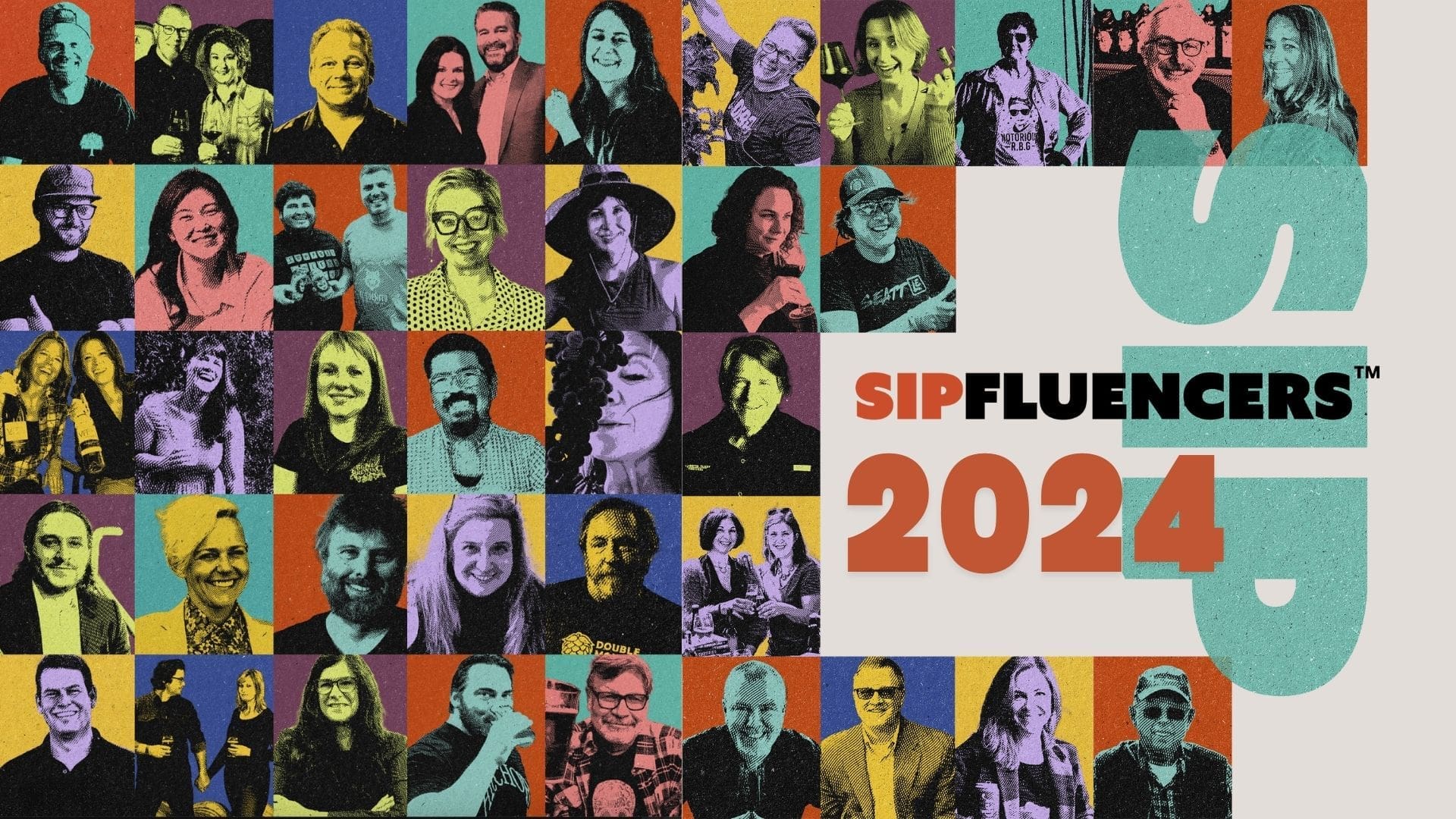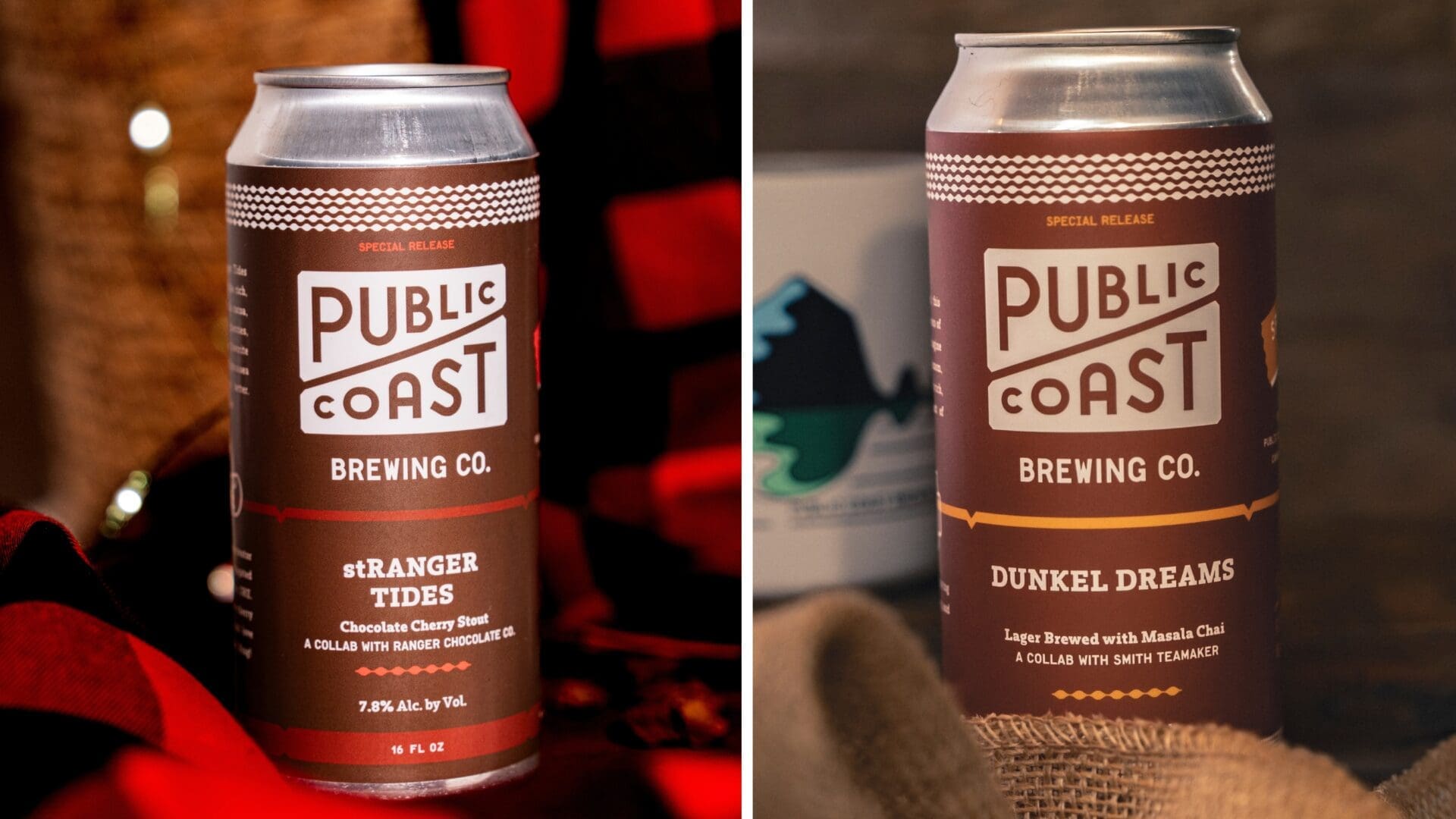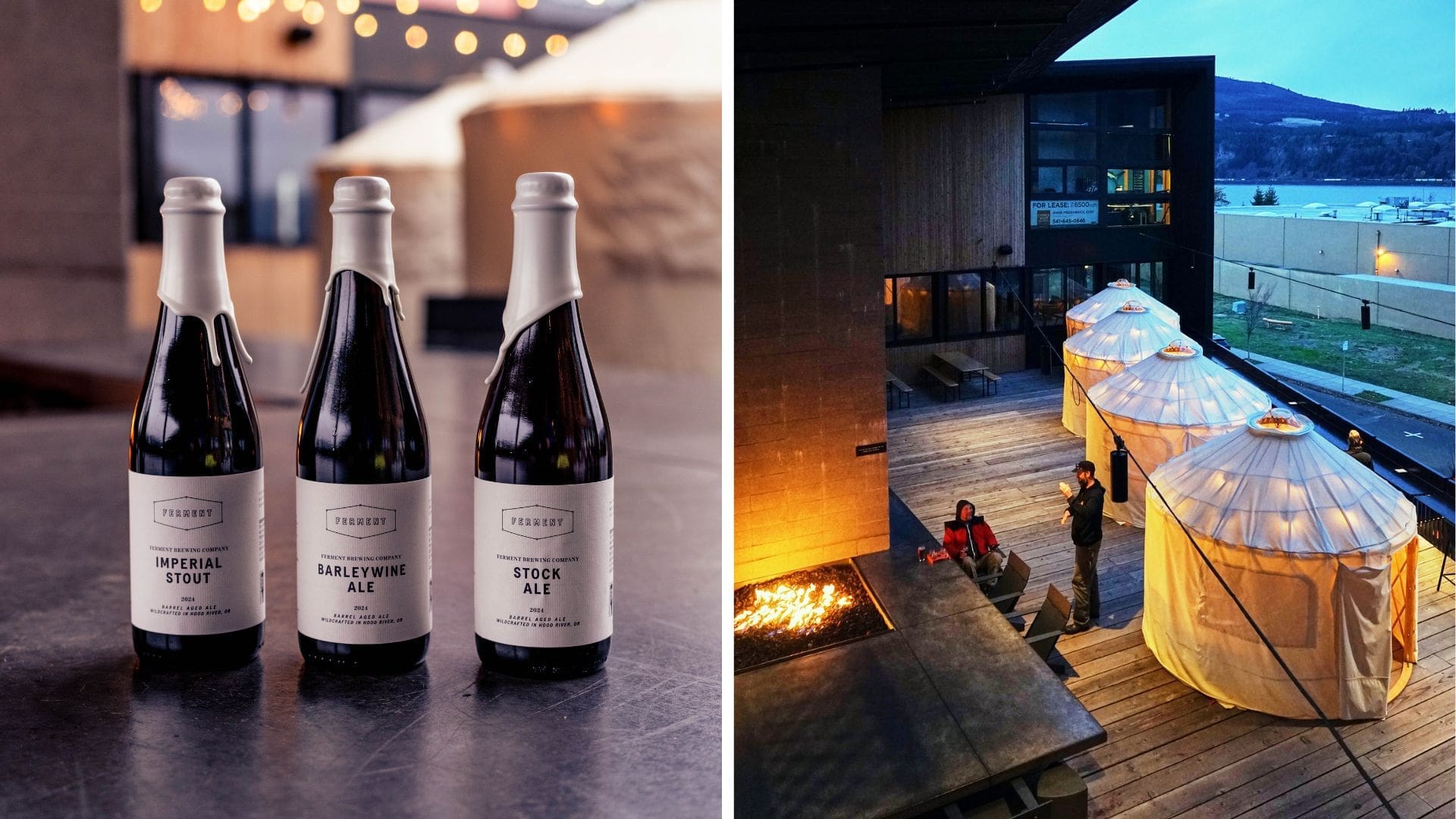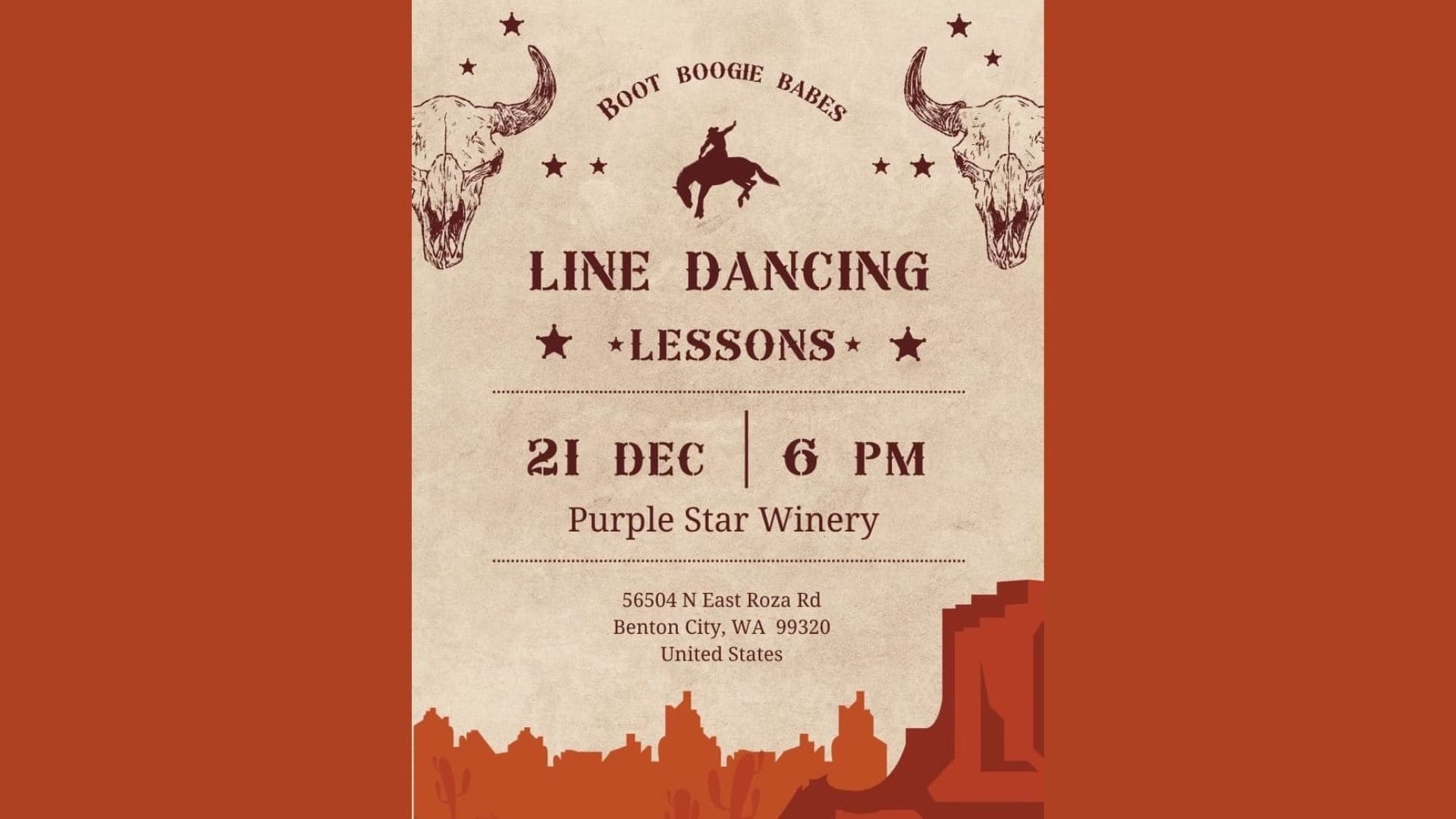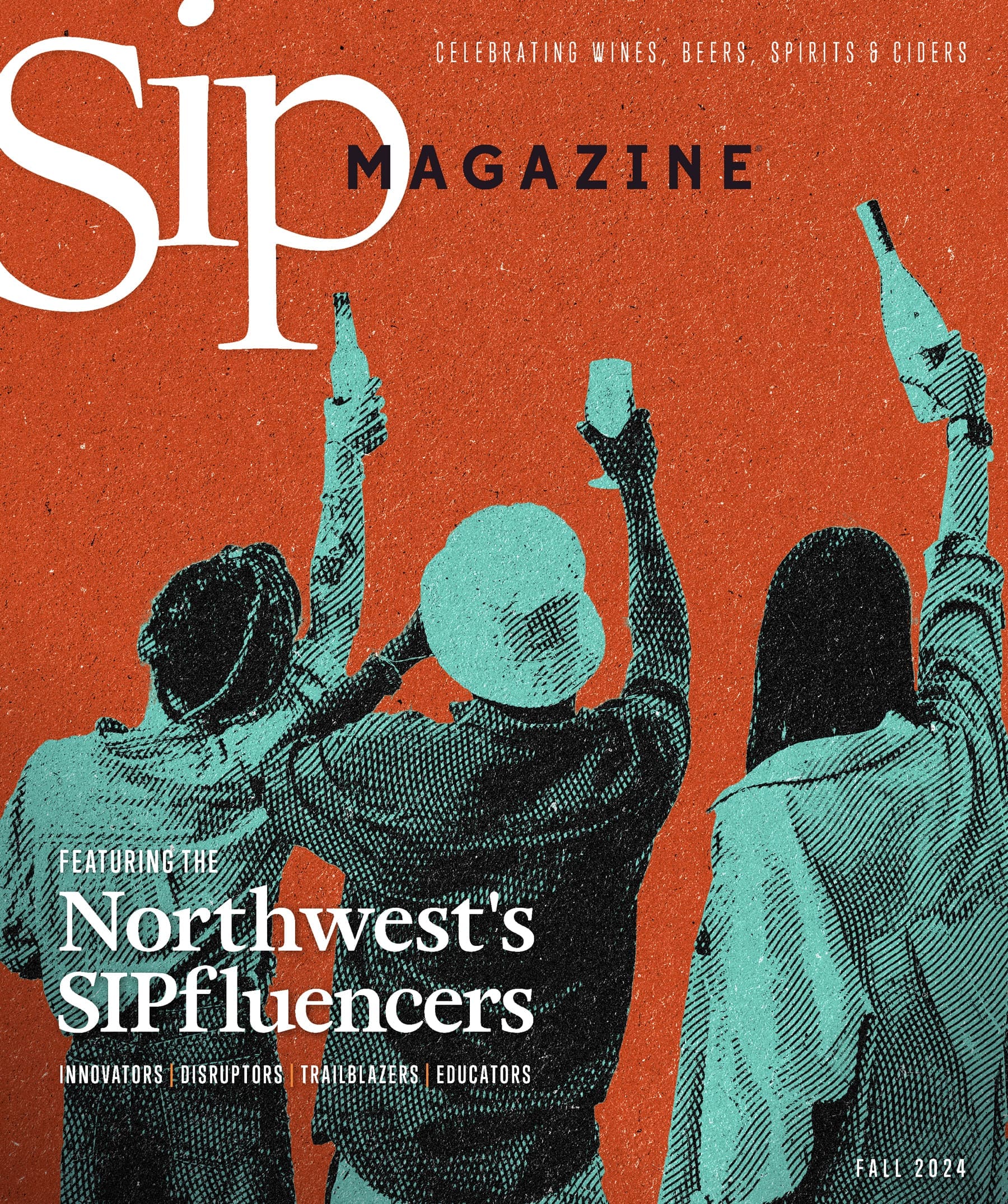SIPfluencer
Noun
[ sip-floo-uhn-ser ]
An individual that has influence in the beverage industry.
Trailblazers. Changemakers. Innovators. Disruptors. Educators. Industry Champions.
You may have your own descriptors for the 38 names contained on the following pages – but there’s no debating that each one is reshaping their respective beverage industry through innovative techniques, refusal of the status quo and a genuine respect and love of the land. They’re Thought Leaders. Tastemakers. One more phrase to describe this exemplary crowd? Proudly Northwest.
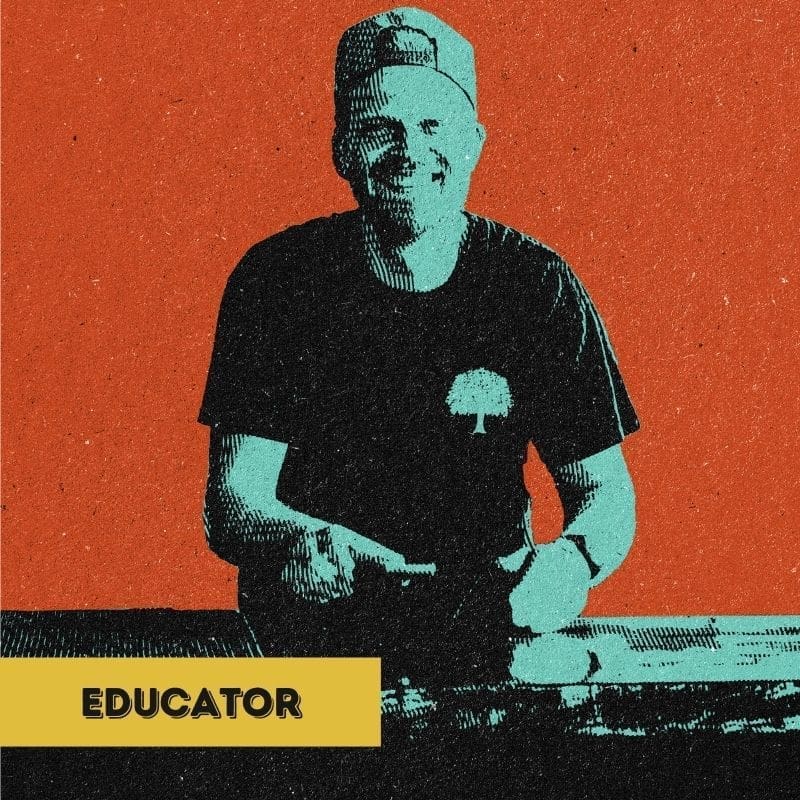
BOBBY WOOD
Advanced Cicerone
Bobby Wood’s Northwest beer journey uncapped overseas. Teaching English in Korea and noticing a dearth of craft beers, he joined a local homebrew forum, began brewing his own, and cofounded the Pusan Union of Brewers — still a big Korean home brewing and craft beer community.
Moving back stateside, he knew he wanted to continue to expand his beer proficiency. After loads of study, Wood became a Certified Beer Server, then a Certified Cicerone — cicerone is to beer what sommelier is to wine. He then devoted half a year preparing for the Advanced Cicerone Exam — a marathon day of tasting panels, oral exams and six hours of essay writing. He passed, becoming Washington’s first and the 14th person worldwide to gain the certification.
Wood currently disseminates his learnings and love of the barley-pop as part of the Cicerone Certification Program: teaching classes, proctoring exams, assisting in blind tasting evaluations, grading essays and promoting. He works with a host of breweries (and cideries), restaurants, bars, taprooms, bottle shops, distributors, event companies and others, training on beer styles and service, consulting on production operations and barrel-aging programs, judging contests, all with a bubbling desire to share expertise while making the beer drinker’s world delicious. —AJ Rathbun
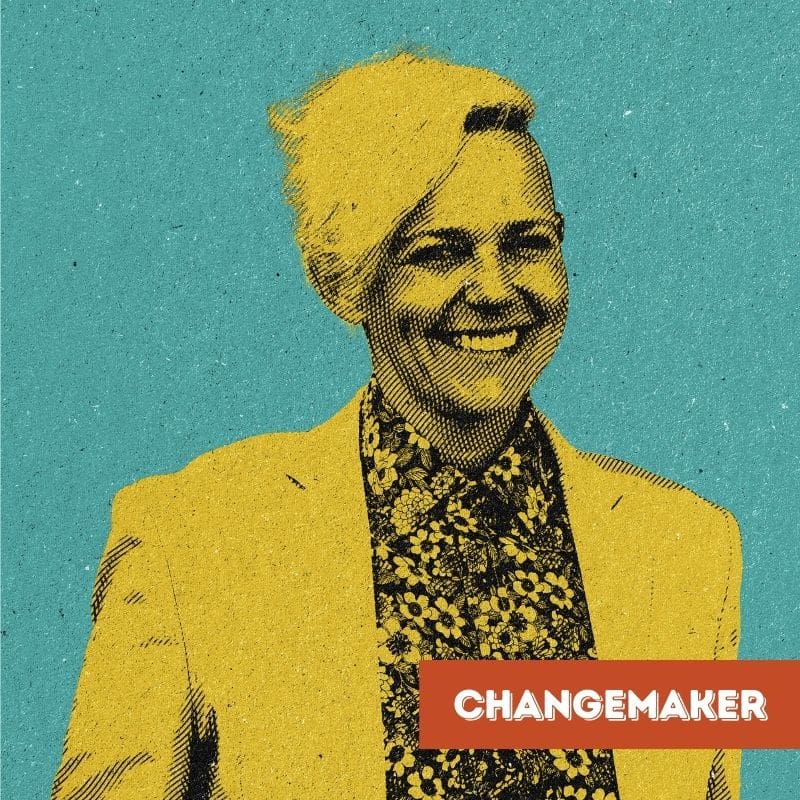
REMY DRABKIN
Founder | Remy Wines
Remy Drabkin isn’t just challenging the status quo — she’s dismantling it. As the founder of Remy Wines, cofounder of Wine Country Pride and the mayor of McMinnville, Oregon, Drabkin forges her path with a relentless pursuit of justice.
“My parents were heavily involved in public service, and that shaped my outlook,” Drabkin says. “I was literally the poster child during teachers’ strikes and phone banking against discriminatory measures as a teenager.” Drabkin’s commitment to social justice grew from her Jewish heritage and her brother’s coming out in the 1980s, which galvanized her support for gay rights. In 2006, she founded Remy Wines, focusing on bold, Old World–style Italian varietals that reflect her own philosophy — deep, complex and unapologetically authentic.
Her influence extends beyond the vineyard. Witnessing resistance to a community-benefiting project in McMinnville led her to local government. “I was shocked at how people were reacting and I thought, ‘There’s so much potential for good.’ So I ran for the planning commission,” she recalls.
With hands in winemaking, governance and activism, you might think Drabkin is ready to rest. Not a chance. “I’m just scratching the surface,” she says. “The deeper I go, the more I see how much more there is to do.” —Aakanksha Argawal
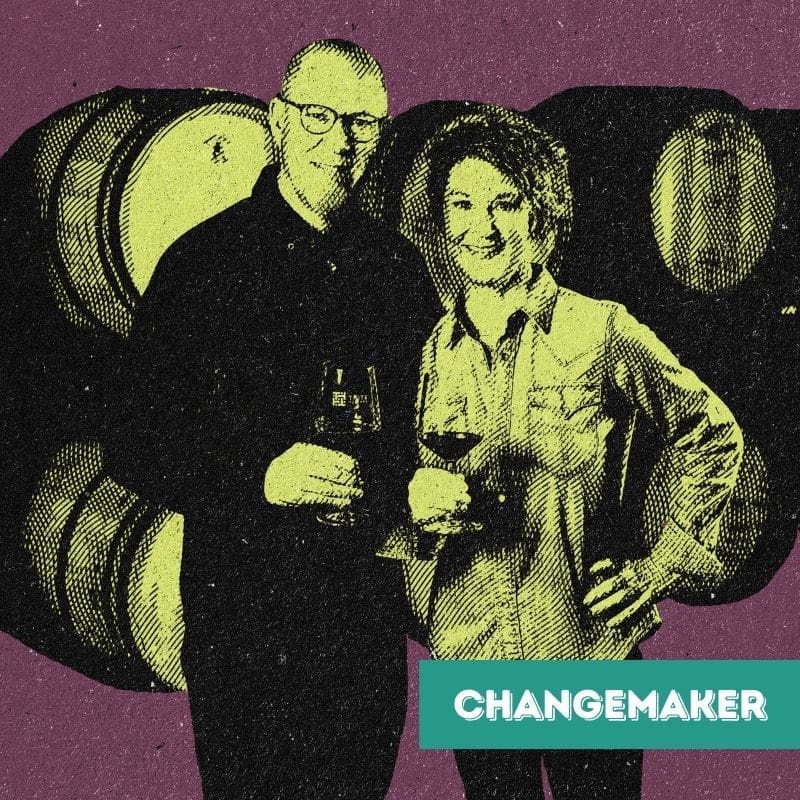
Tim Gamble and Teresa Spellman Gamble
Co-Owners | Tinte Cellars
Tim Gamble and Teresa Spellman Gamble entered the Washington wine industry having made a positive difference in the lives of many. Tim led a biotech firm involved in probiotics and supplements. Teresa spent much of her 30 years as an executive devoted to health care at the University of Washington.
A fifth-generation native of Seattle, she grew up in a home of public service and an appreciation for wine. Her father, the late Gov. John Spellman, was a World War II veteran and attorney whose background included support of civil rights and environmental awareness.
In 2018, the Gambles launched Tinte — a partial mashup of Tim and Teresa — to use acclaimed Washington wine in fundraising efforts: “Great wine for the greater good.”
They were conscientious from the start. Rather than create a new footprint, they took over warehouse space in Woodinville, Washington. During the pandemic, the Gambles added a tasting room by restoring a historic building in Seattle’s Georgetown neighborhood.
And thanks to the talent of Walla Walla–trained winemaker Noah Fox Reed and investment in premium grapes, including two estate vineyards on Red Mountain, award-winning Tinte Cellars has contributed more than $1.3 million in cash and in-kind donations to causes such as hunger relief, Ukraine and farm worker clinics. —Eric Degerman
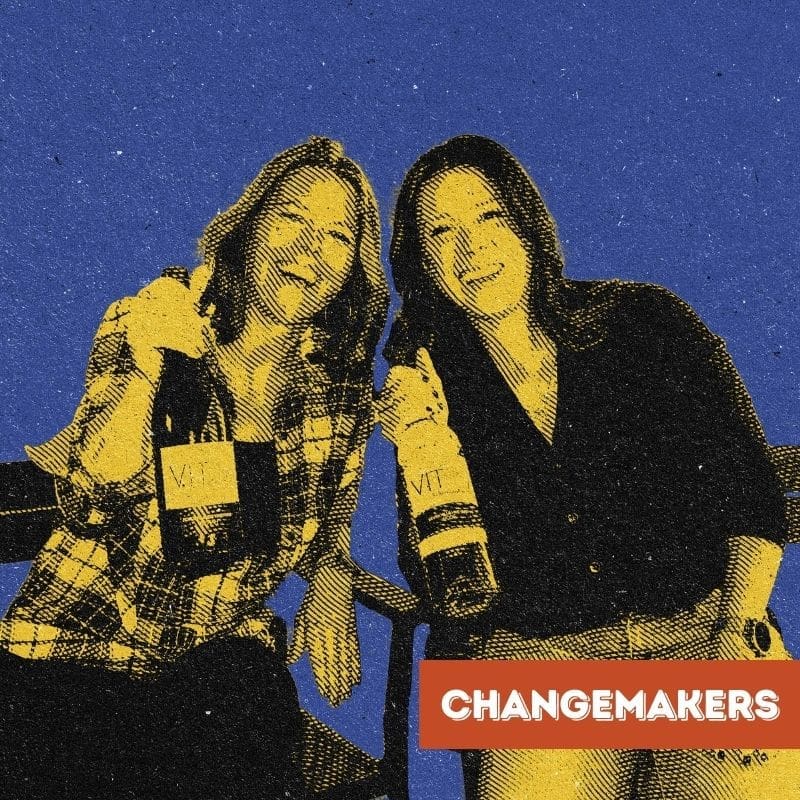
Ashley Trout
Founder | Vital Wines
MADDIE RICHARDS
Executive Director | Vital Wines
Ashley Trout, the founder of Vital Wines in Walla Walla, Washington, and Executive Director Maddie Richards are determined to erase the inequities preventing minority vineyard workers from accessing health care throughout the state.
Their desire is fueled by frustration. “You’ve got Latinos … in vineyards who don’t necessarily have access to health care, and I want to fix that,” says Trout. “It’s unacceptable to have a thriving wine industry [$9.5B annually] and not have basic needs met for a significant portion of our workforce.”
Over the past decade, Trout and Richards have taken a methodical approach to cultivate industry partnerships to implement a game-changing plan. Nearly everything is donated in the creation of Vital Wines – grapes, materials, even expertise from local guest winemakers. Partners also help underwrite Vital’s initiatives and programs.
In addition to donating funds to a local clinic, Vital’s “Day at Home” fund, established during the pandemic, provided paid sick leave and subsequently expanded to other medical needs requiring time off. They’ve established a health advocacy program called Promotora de Salud, which builds awareness, trust and offers in-person support to help workers overcome their fears of using the services.
Vital has made a tremendous impact on Walla Walla’s agricultural community assisting thousands, but it’s the tip of the iceberg. Plans are underway to expand services to Yakima and ultimately to every wine growing county in Washington.
Richards shares her North Star, “Ultimately, we want to work with state representatives on broader health care policies, instead of putting a band-aid on the problem.” —Steve Kilisky
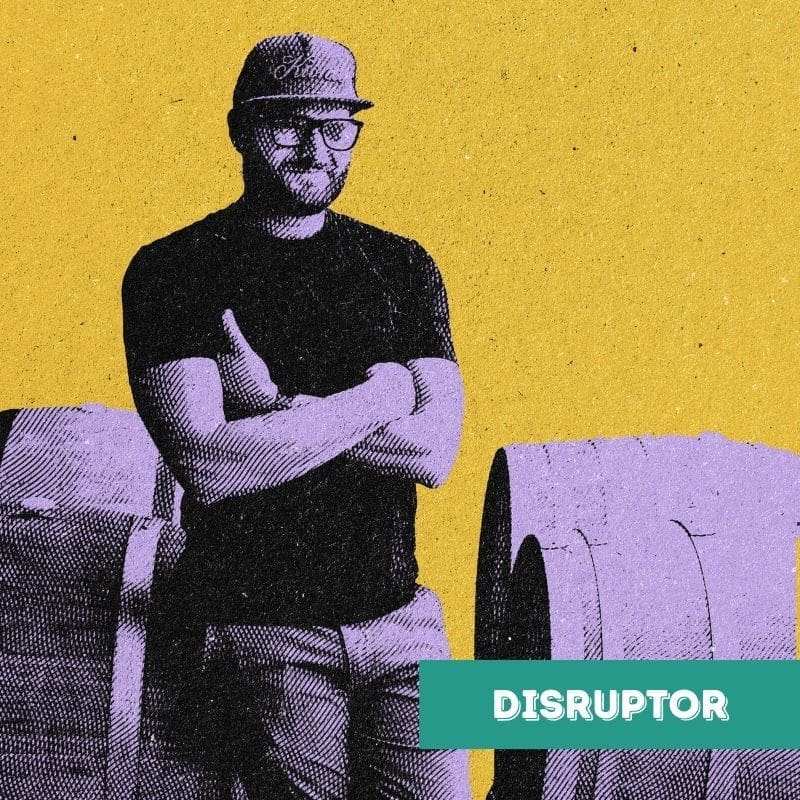
JJ Williams
General Manager | Kiona Vineyards and Winery
Some might expect a third-generation general manager at one of Washington state’s most storied wineries to project pretentiousness.
That’s not JJ Williams. His wife has branded him as the company’s “head horn tooter,” and he recently vivified a seminar for marketing experts with the “#FarmTruck” video he produced for @KionaWine on Instagram. It’s a hilarious spoof of the 2023 social media spot by a Russian model slinking her way around a British luxury car. It’s also an example of how Williams promotes the deliciously historic work at Kiona Vineyards and Winery and the prized Red Mountain grapes his family farms sustainably for some of the Northwest’s other top winemakers.
Kiona is acclaimed for Cab, which it first planted in 1975, and Williams shares stories of his grandparents, his grape-growing father and winemaking brother with aplomb. He’s also an advocate for niche varieties such as Chenin Blanc and Austrian red Lemberger. The eclectic legacy of the grape, its approachability and retail price ($19) often opens doors for Williams when calling on East Coast wine merchants.
Sommeliers, shop owners and consumers also appreciate Kiona’s “World Class with Lighter Glass” initiative, an effort by Williams to work with fellow winemakers to reduce the carbon footprint of wine by reducing the amount of glass in each bottle. —Eric Degerman
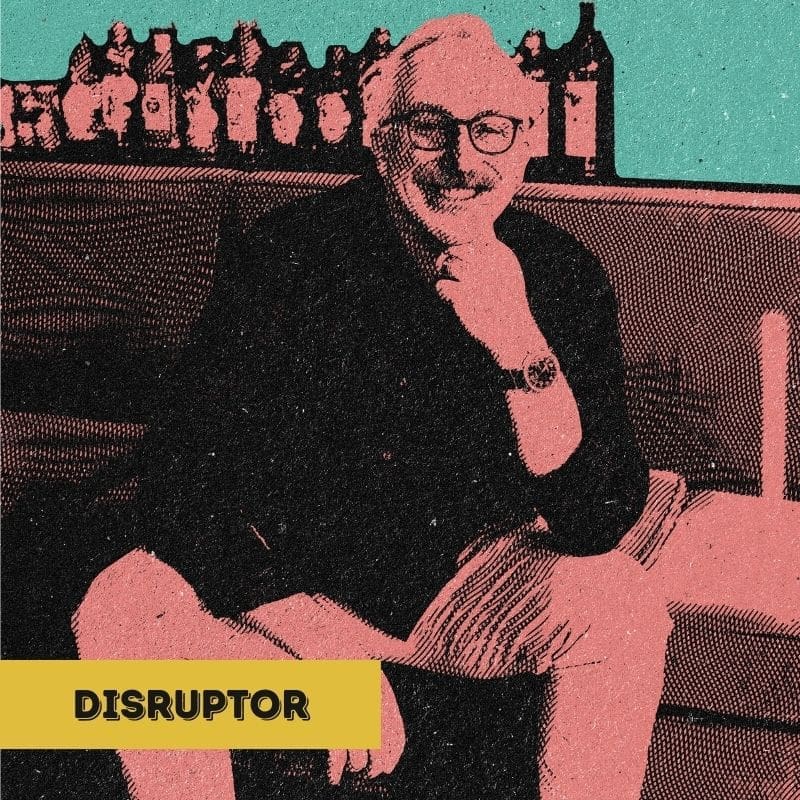
CY CAIN
Cofounder and CEO | Straightaway Cocktails
The realm of ready-to-drink (RTD) canned and bottled cocktails has lately erupted, sadly including many chemically driven disasters. But when Cy Cain launched Straightaway Cocktails with cofounder Casey Richwine, they weren’t looking to just join the stampede. Instead, a passion for perfectly made cocktails drove them, which meant utilizing fresher, finer and balanced ingredients, like Oregon coast sea salt from Jacobsen’s Salt, fresh-pressed juice from a Southern California third-generation farm, and fir needles Cain’s dad picks in the Cascade foothills.
At Straightaway another radical RTD choice was made: crafting in-house liqueurs, amari and vermouth, tailored to deliver top tipples. He’s doing such a dandy job of it that, for example, the company’s Mari Gold amaro — created for use in a canned Paper Plane cocktail and Seville orange Apicco spritz — won Best in Show from the San Francisco World Spirits Competition. In fact, many of its library of house-made RTD ingredients have scored awards. All this work on ingredients ends with cocktails that aim to taste like bartender-made drinks, but with the convenience of being premade. As Cain says, “We are a mission-driven B Corp cocktail company, existing in an RTD category.” Existing and raising the bar on what RTDs can deliver. —A.J. Rathbun
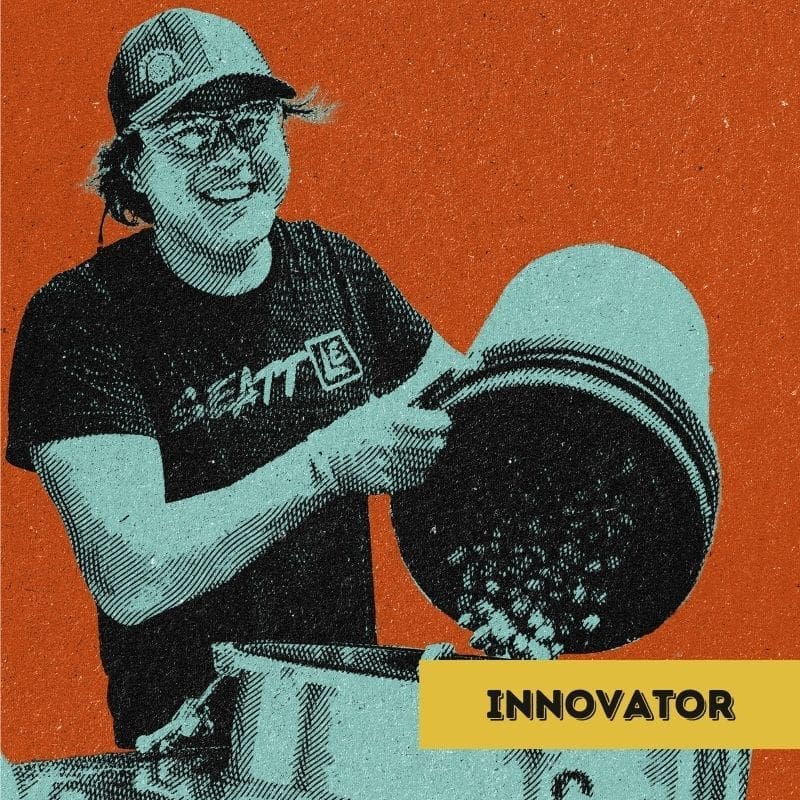
BARRY CHAN
Cofounder and Head Brewer | Lucky Envelope Brewing
On one hand, Seattle-based Lucky Envelope Brewing proudly embraces and celebrates its Asian heritage. On the other hand, the brewery’s cofounders, Barry Chan and Raymond Kwan, hope to avoid getting pigeonholed. They want people to recognize Lucky Envelope as a great brewery, not just an Asian-inspired one.
What differentiates Lucky Envelope from most breweries is the brewing philosophy, which it refers to as “culturally inspired beer.” Head brewer Chan draws inspiration from both modern and historic brewing styles and introduces unexpected ingredients and flavors to his beers. A gochujang chocolate cream stout and a lychee sour ale are two prime examples. Chan says he’s particularly proud of his tea-infused and tea-inspired beers, created using things like matcha powder, smoked lapsang souchong tea and green rooibos tea.
Alongside all those Asian flavors, Chan’s most highly decorated beer is a traditional German-style helles lager that is notably lacking Asian influence. Among the awards, Chan’s helles lager won a bronze medal at the 2015 Great American Beer Festival just a few months after the brewery opened. Culturally inspired beers, yes, but first and foremost, Lucky Envelope is a great brewery. —Kendall Jones

TONYA CORNETT
Award-Winning Brewmaster
For nearly two decades Tonya Cornett has been at the forefront of women in the beer industry. She also may be the best brewer in the world — having personally won 16 medals at the Great American Beer Festival, 12 medals at the World Beer Cup, plus countless more at national and local competitions.
Cornett started her career in Colorado, filling growlers and giving brewery tours. But after a few years she decided that, to be taken seriously, she had to go back to school.
After graduating from Siebel Brewing Institute’s World Brewing Academy collaboration with Doemens in Munich, Cornett accepted a position as head brewer at Bend Brewing Company in 2002. By 2006, she had won a gold medal for her American IPA at the Great American Beer Festival, the most competitive category and competition in the world. In 2008, she became the first woman to win the international World Beer Cup’s Small Brewer of the Year award. Cornett handled the spotlight well, becoming an outspoken advocate for marginalized women in a “boys’ club” beer community.
Having long ago transcended the label of “woman brewer,” Cornett made history again in 2024 as the first brewer to completely sweep a category at the World Beer Cup, winning gold, silver and bronze. Earlier in the evening, she became just the third woman to receive the Brewers Association’s Innovation in Craft Brewing award. —Ezra Johnson-Greenough
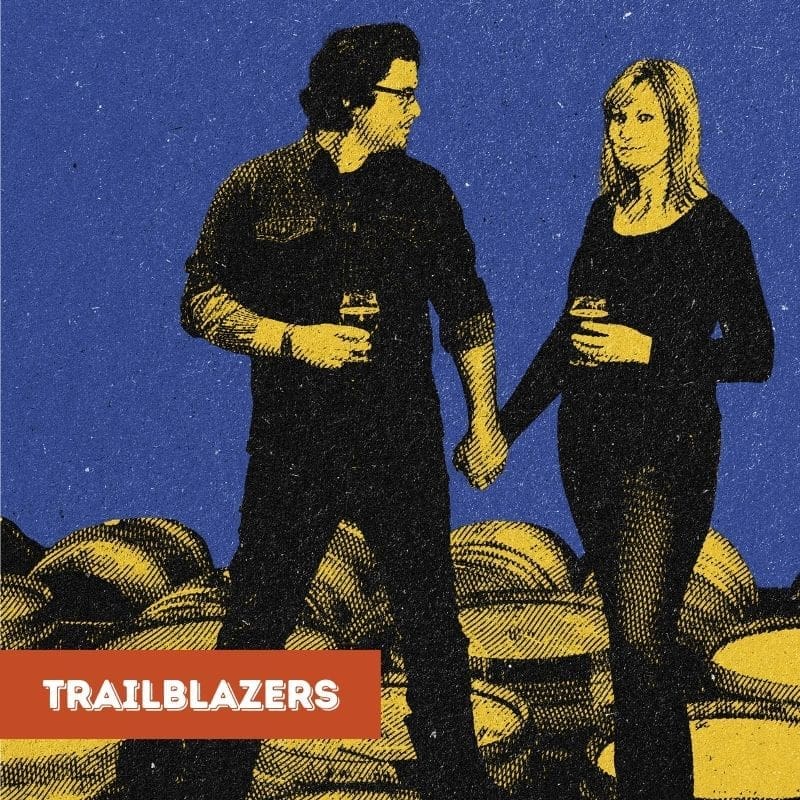
Trevor and Linsey Rogers
Co-Owners | de Garde Brewing
When Trevor and his girlfriend (now wife) Linsey Hamacher launched an American lambic-style sour brewery from their Tillamook, Oregon, garage in 2012, it sounded as crazy as Steve Jobs building the first Macs from his garage in Palo Alto. The microbrew moment was just starting. But it was one thing to turn a few rusty kegs into a mash and brew kettle and pitch some dry yeast, and another to ferment with only what you find in the air, flowers and trees nearby.
To test their thesis, the couple placed a dozen samples of unfermented beer (known as wort) along the north coast of Oregon, and checked back to see which, if any, could catch the right blend of native yeasts and bacteria to create spontaneous fermentation. Most American experiments in the traditional art of lambic brewing had failed either because the right blend of organisms weren’t present, or because too many other undesirable elements were.
It was in Tillamook, a seaside farming town, where they were able to cultivate that magical mix of organisms in enough quantity to ferment on a larger scale with repeatable results. Like their European counterparts, de Garde uses shallow, open-top “coolship” vessels to capture the native fairy dust into sweet fermenting wort only during the cooler times of year, then transfers it into oak for long-term maturation.
The Rogers’ long-term visionary approach is not just to become a new world lambic brewer, but to de-industrialize and de-commoditize beer by bringing it back to an ingredient, terroir-driven approach. —Ezra Johnson-Greenough

JUSTIN LEIGH
Cofounder | Dwinell Country Ales
Along with producing great beers at Dwinell Country Ales, the brewery he cofounded in Goldendale, Washington, Justin Leigh is successfully fighting for the constitutional rights of breweries, distilleries and wineries. He’s a brewer, a cidermaker and a winemaker, but Leigh’s work as an attorney on behalf of beverage producers and consumers qualifies him as a disruptor.
In 2022, he filed a lawsuit against the state of Oregon, challenging its law prohibiting self-distribution. Previously, out-of-state breweries were required to distribute their products through a licensed distributor, which was cost prohibitive for most breweries. The law effectively created a wall around Oregon that kept out-of-state producers away. The case never reached court; the state changed the decades-old law, recognizing the inevitable outcome. Leigh is currently involved in similar lawsuits against Idaho, California and Washington, and remains committed to increasing economic equity for producers and enhancing access and choice for consumers.
Outside the courtroom, at Dwinell Country Ales, Leigh produces beers, wines and ciders, blending the three sciences to create unique and widely acclaimed flavors. He is something of a Renaissance man as well as a formidable legal adversary. —Kendall Jones
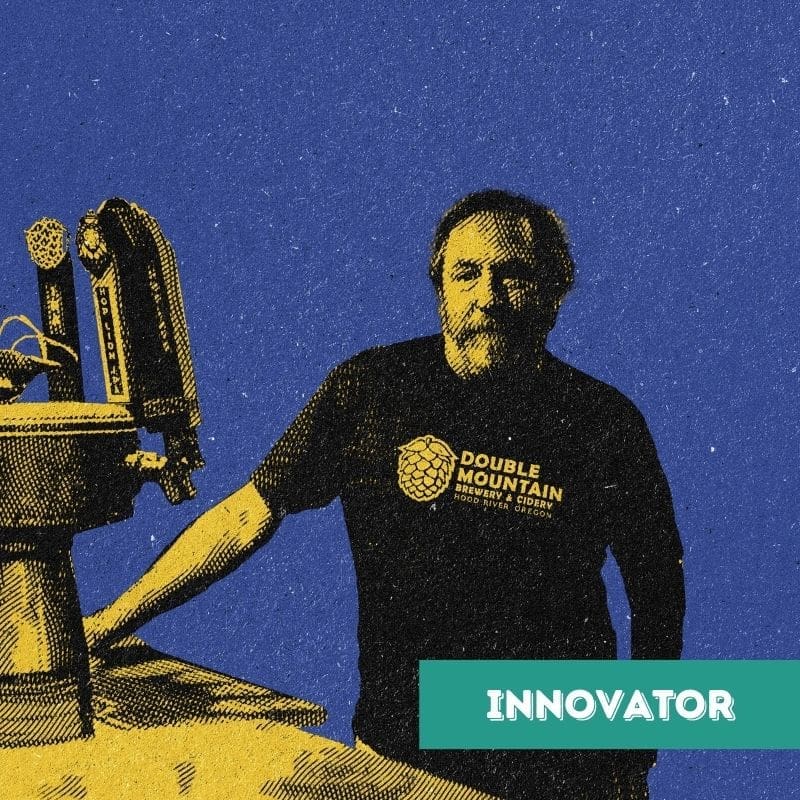
MATT SWIHART
Cofounder and Brewmaster | Double Mountain Brewery and Cidery
When Matt Swihart opened Double Mountain Brewery and Cidery in Hood River, Oregon, he set out to create an environmentally responsible business. Unlike most brewers, he decided to package his beer in reusable glass bottles instead of single-use bottles or cans.
In the bigger picture, reusable glass bottles are the most sustainable form of packaging, primarily because of the energy required to produce and recycle aluminum cans and single-use bottles. Powerful industries, like the aluminum can industry, work hard to promote their products as the greenest choice, but Swihart quietly disagreed. Now his message is beginning to resonate across the industry.
Since opening the brewery in 2007, Swihart has helped the public, his fellow beverage producers and even the state’s lawmakers recognize the value of reusable bottles. In 2018, he partnered with the Oregon Beverage Recycling Cooperative to design a standard reusable beer bottle and implement a statewide reuse system. The Oregon Legislature is currently working to introduce a new bottle bill that will include provisions for reusable bottles. Support for reusable bottles is growing across the industry, in part because of Swihart’s vision and commitment. —Kendall Jones

JUSTIN AND JENNIFER STIEFEL
Co-Owners | Heritage Distilling
Founded in 2011 by Justin and Jennifer Stiefel, and Drew and Sara Kellerman (the four campfire cofounders, as they call themselves), Heritage Distilling is known for producing a wide array of award-winning spirits, as well as tasting rooms and distilleries throughout Washington and Oregon. But they’ve also helped drive an even bigger industry change. In 2018, Justin and Jennifer lobbied in collaboration with the Chehalis Tribe (a collection of cross-country tribes) to repeal an archaic Andrew Jackson–era 1834 statute making it illegal to produce spirits and liqueurs on tribal land.
From this collaboration, the Tribal Beverage Network bloomed as a first-of-its-kind partnership with Native American tribes. The goal? Partnering to develop distilleries and tasting rooms on tribal lands and tailoring the experience to each tribe. In 2020, they opened Talking Cedar distillery in Rochester, Washington, with the Chehalis Tribes, the first distillery on tribal land in the United States. Since then they’ve announced Oregon’s first tribally owned distillery with the Coquille Tribe, located in Coos Bay, and partnered to open a distillery with the Tonto Apache Tribe in Payson, Arizona. More tribes have signed up for this model, too, as Heritage expands its reach while helping tribes develop distilling opportunities. —A.J. Rathbun
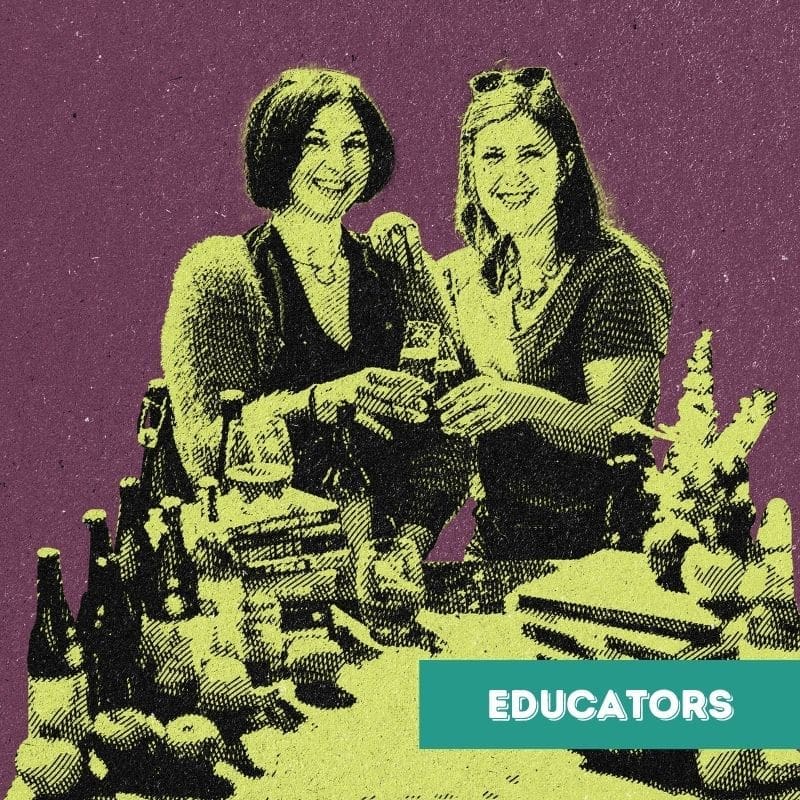
EMILY RITCHIE
Executive Director | Northwest Cider Association
JANA DAISY-ENSIGN
Marketing Director | Northwest Cider Association
Since Emily Ritchie, executive director (and 2022 Sip Magazine Cider Influencer of the Year), and Jana Daisy-Ensign, marketing director and Certified Pommelier, assumed their positions in 2016 and 2019 respectively, they’ve succeeded in introducing Northwest cidermakers to a global audience. Under their guidance, the Northwest Cider Association emerged as a key resource for consumers via both its online channels and in-person events, as well as maintaining strong media relationships to keep Northwest cider in the spotlight. Presently, Ritchie and Daisy-Ensign are utilizing insights from recent consumer research with Oregon State University to develop a series of short videos to demystify cider and educate audiences.
In 2023, they celebrated the 10-year anniversary of the regional cider competition formerly known as Portland International Cider Cup, now called the Northwest Cider Cup. As part of this rebranding, the two women presented revised categories that reflect the changes in the cider industry. This competition supports peer education and community building as participating cidermakers have the opportunity to have their ciders or perries evaluated, gaining valuable product-specific insight through the timely feedback of competition judges. In addition, they’ve organized numerous regional cider weeks and managed the Northwest Cider Club for three years.
Following a trip to France in 2017 where they introduced traditional French cidermaking techniques to Pacific Northwest cidermakers, Ritchie and Daisy-Ensign embarked on a similar journey this year funded by an Oregon Department of Agriculture specialty crop grant to explore the Japanese cider market. —Becky Garrison
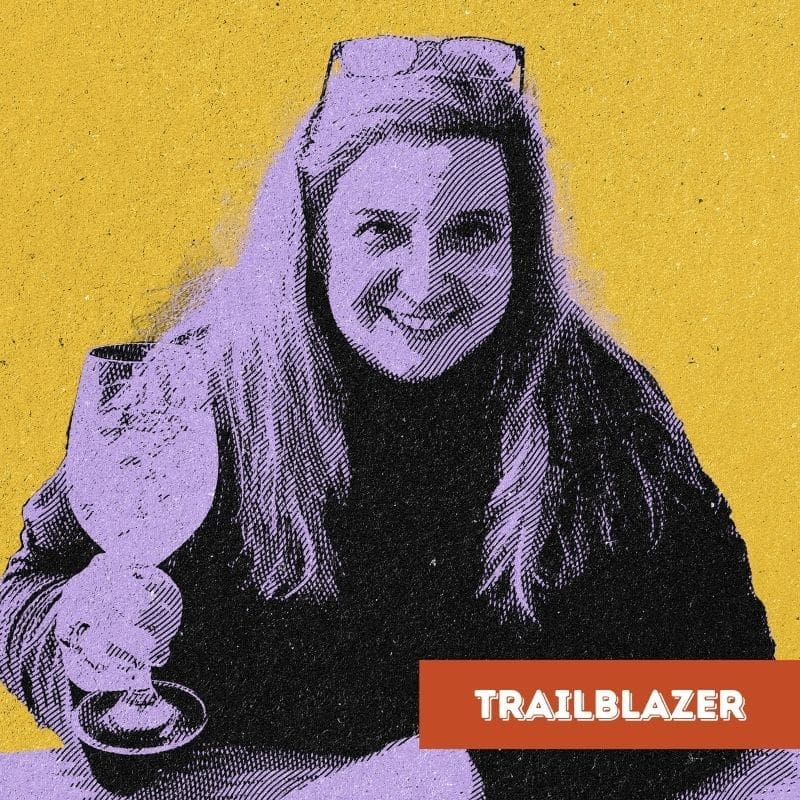
MHAIRI VOELSGEN
Founder and CEO | BroVo Spirits
Mhairi Voelsgen is as crucial to Washington’s distillery boom as BroVo’s Witty dry vermouth is to a good martini. Launching BroVo Spirits, the state’s first female-founded distillery in 2011, she took an at-the-time curious path, making the “second” ingredient in cocktails using solely grown-in-the-ground plants. Collaborating with bartenders in much of the product development, she gave ownership stakes to those whose products went national and to distillery employees.
In 2013, she unveiled the state’s first amaro — BroVo has since released 27 — kicking off that now-robust Italian-inspired category. And her influence hasn’t all been liquor related. As president of the Washington Distillers Guild, Voelsgen spearheaded distilleries shifting to sanitizer during the height of the pandemic, collaborating with the Washington Hospital Association to ensure sanitizer availability — then delivering it to Pepsi drivers, Nordstrom, rural migrant farm workers and others.
She worked years helping to get a bill passed that would allow Washington-based distilleries to serve cocktails, have three tasting rooms, and sell products on-site from other distilleries and sparkling wine producers. Adding to that, Voelsgen is a leader on industry diversity and inclusiveness. All while crafting award-winning offerings such as BroVo’s new Alpine liqueurs, Gen P American Genepy and forest-y Uncharted Rhapsody. She’s a true trailblazer making the industry better — and tastier. —A.J. Rathbun
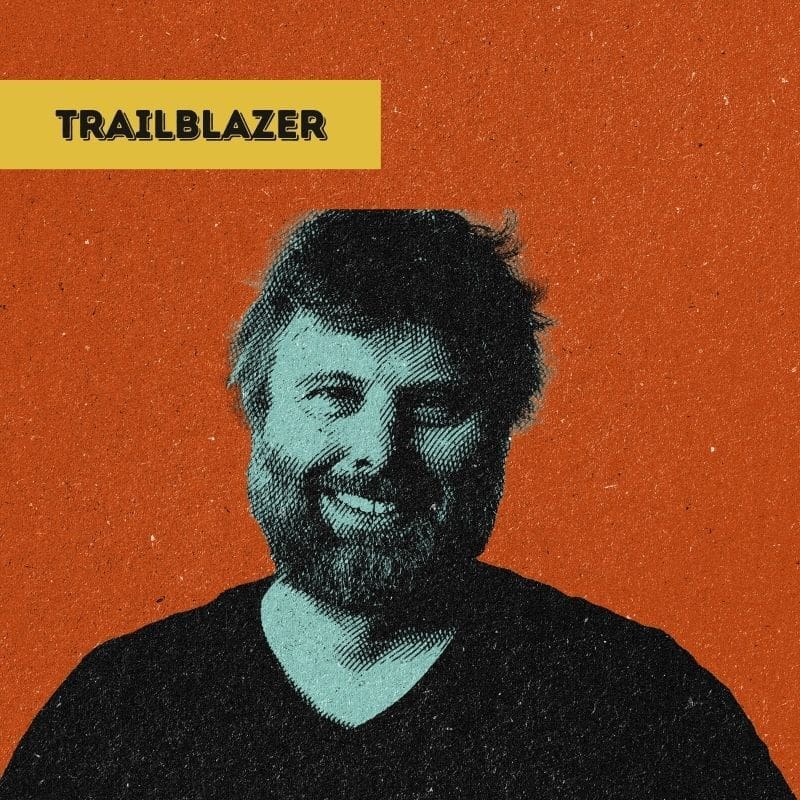
CHRISTIAN KROGSTAD
Founder | Krogstad Aquavit
In 2002, Christian Krogstad founded House Spirits Distillery in Southeast Portland with Lee Medoff, the current founder of Portland’s Bull Run Distilling. Krogstad describes their whiskey as “brewed like a beer, distilled like a single malt scotch and finished like a bourbon in a new barrel.”
While waiting for their first batch of House Spirit’s Single Malt Whiskey named Westward Whiskey to mature, Krogstad created Aviation Gin in collaboration with bartender Ryan Magarian, with the intention of designing a gin that would excel in pre-Prohibition cocktails. Also in 2006, House Spirits Distillery achieved the distinction of being the first to distill aquavit in the United States with its Krogstad Aquavit brand.
Krogstad was a founding member of a national first, the Oregon Distillers Guild, and was also a founding member of the Portland Distillery Row and the American Single Malt Whiskey Commission. He continues to aid the industry as a consultant to several regional, national and international distilleries.
Since the sale of Aviation Gin and Westward Whiskey to Diageo PLC, Krogstad can be found growing experimental botanicals on his farm in Oregon Wine Country, or distilling his own Krogstad Aquavit for a select group of consumers. —Becky Garrison
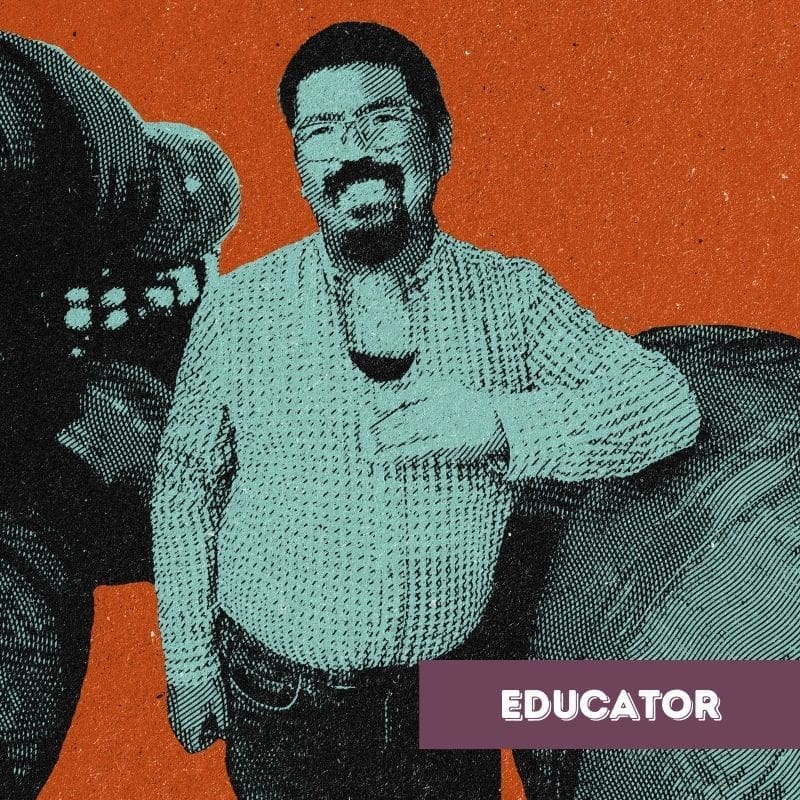
MARTIN FUJISHIN
Director | The Center for Enology and Viticulture
It’s been a struggle for the storied winemaking school at Walla Walla Community College to find its next guiding light, but Idaho’s award-winning and affable Martin Fujishin seems a natural fit as the ninth director in the program’s 24-year history.
“One of my main goals is to provide stability,” he says. “I think of my experiences there and how formative it was for me to take classes there.”
A third-generation farmer born and raised in Idaho’s Snake River Valley, he earned a business degree at The College of Idaho and spent four years as the viticulture and enology instructor at Treasure Valley Community College in Ontario, Oregon.
His winemaking landed Fujishin Family Cellars on Wine Business Monthly’s Top 10 Hot Brands.
Fujishin, 45, and his partner, Teresa, have turned over daily operations to their team with the idea of returning from college life in a decade or so. In the meantime, Fujishin sees new opportunities for a school that has produced more than 400 viticulturists and winemakers. “I want to reach out to the migrant worker community in hopes of building a really good workforce for the eastern Washington wine industry,” he says. —Eric Degerman
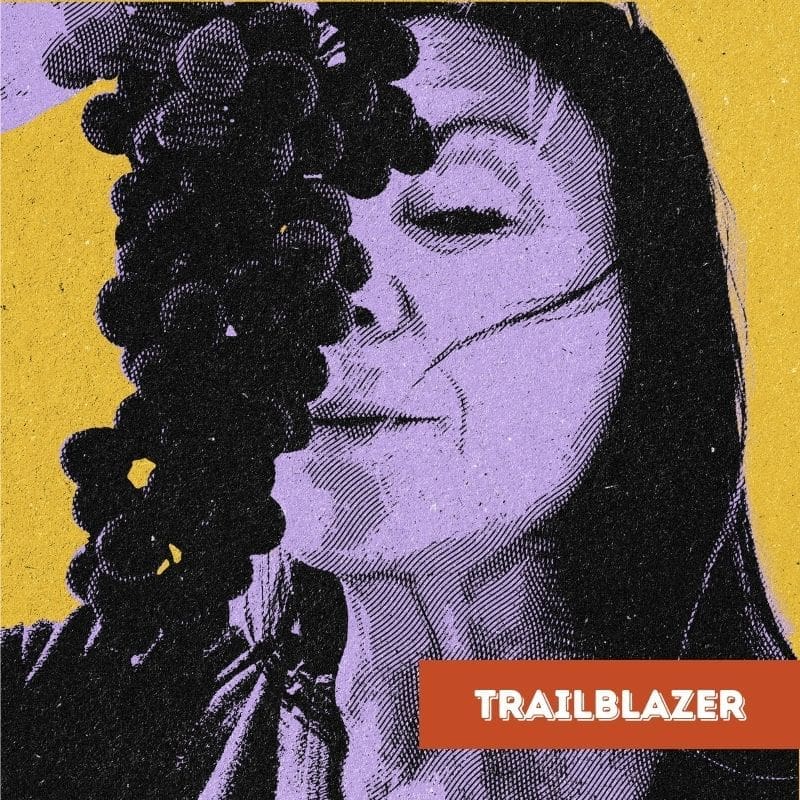
MARY DERBY
Founder and Wine Creator | DAMA Wines
In 1999, Devin and Mary Derby accepted Devin’s parents’ offer to launch the Spring Valley Vineyards winery. Mary became one of a few females in Walla Walla managing a winery. “It was an opportunity of a lifetime to join a fledgling wine community. There were less than 30 wineries here. We wanted to be a part of it. The Derbys opened the door for us and we stormed through it,” Mary Derby recalls.
Mary and Devin collaborated making and marketing the wine until Devin’s untimely death in a car accident in 2004. Derby resumed her career in 2007 when she cofounded DAMA Wines, one of the first wineries to be wholly owned and run by women.
For Derby, fostering a feeling of community and elevating women in the field is critical. Through the Alliance of Women in Washington Wine mentorship program, she shares her knowledge and experience with the next generation of women joining the industry. She also meets with students enrolled in The Center for Enology and Viticulture department.
“We’re still fighting up the ladder of success in this world,” Derby says. “I think there is a stronger voice if we’re in this together.” —Steve Kilisky
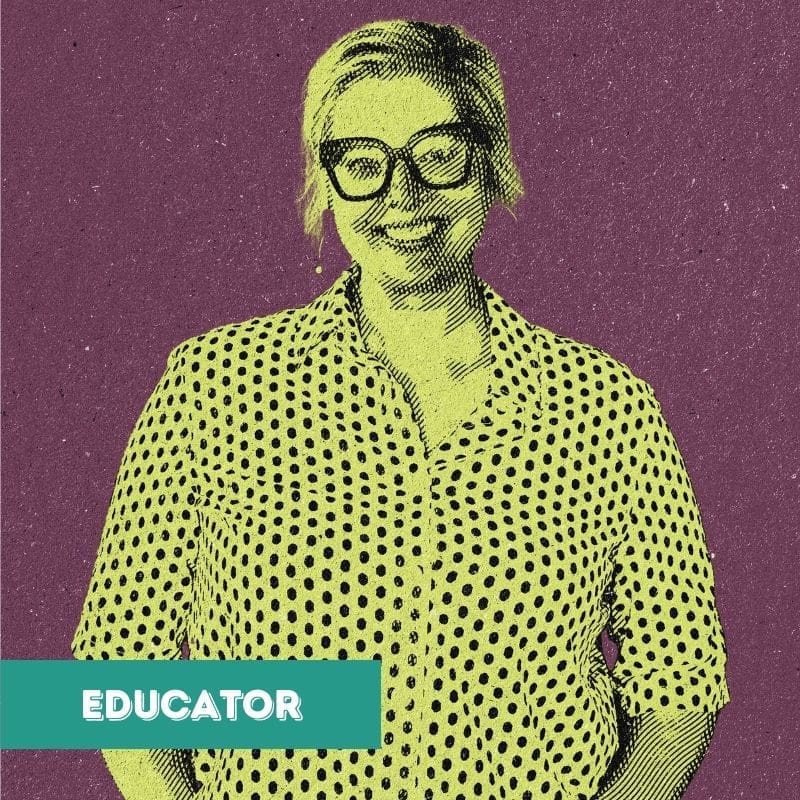
LIZ KNAPKE
Executive Director | Walla Walla Wine Alliance
“I see myself as a storyteller,” Liz Knapke, the energetic executive director of Walla Walla Valley Wine, says. “It’s my job to take facts and layer on history, people and ideas to tell an interesting story.”
Walla Walla Valley Wine has four core audiences: trade, media, consumers and members. Each wants and expects information and education targeted for their specific needs. Building relationships with each audience while continuing to offer warm hospitality is crucial to Knapke’s success.
“We help these audiences understand where Walla Walla stands in the global community,” she says. “A key component of my position is channeling information, and then synthesizing what it actually means so that we can educate our members and the community.”
Knapke relocated from the Midwest to work for Walla Walla Valley Wine. “I loved all the sophisticated elements in a rural setting,” she says. “It’s so rare for food, wine, agriculture, people and colleges to come together in a small community that is so friendly and accessible.”
Whether you come for a weekend or a lifetime, “If you are here, you are here for a reason,” Knapke says with a smile. —Dana Van Nest
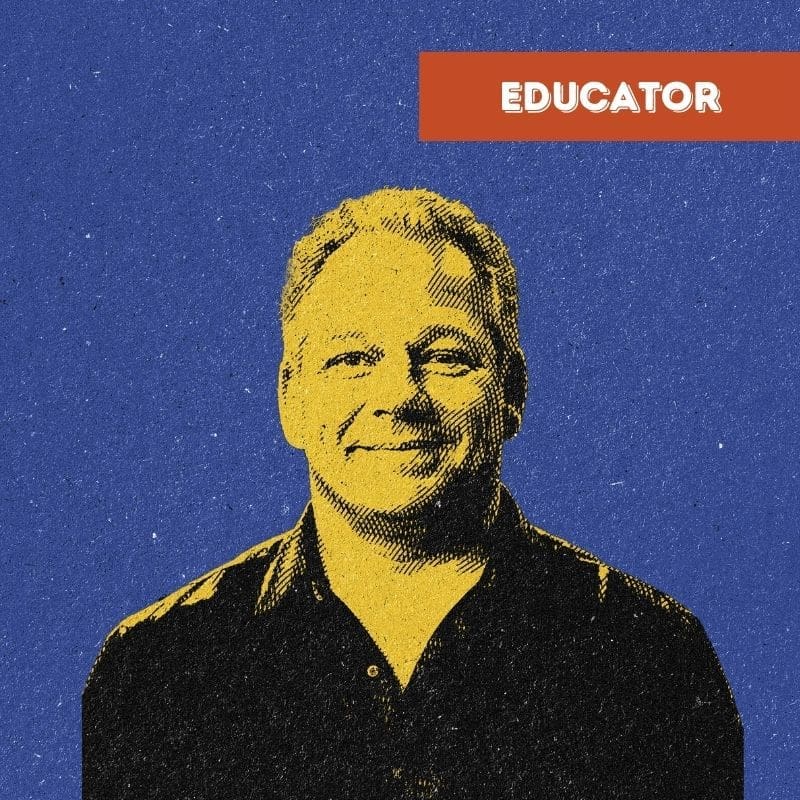
DAVID LeCLAIRE
Founder | Seattle Uncorked
If you have been to a Seattle Uncorked event in the last two decades, you’ve experienced David LeClaire’s wonderful world of wine.
His highly popular Wine Walks, attended by thousands, fill nearly every weekend 11 months of the year. (LeClaire typically takes January off.) A blend of education and entertainment, the events introduce attendees to local wineries and distilleries that they may have not found on their own. In turn, they are encouraged to support these small businesses. His signature events — Sexy Syrah and Rosé Revival — turn 20 and 15 this year, respectively.
The affable LeClaire, a certified sommelier, calls his style “infotainment,” saying, “It’s a blend of making it fun and light, but giving enough educational content to make it memorable.”
In his role as an ambassador for Esquin Wine & Spirits, LeClaire picks a “wine of the week” to share with a mailing list of 35,000 wine enthusiasts of varying education and interest levels. His goal is to feature a bottle under $25 that over delivers on value.
LeClaire balances showcasing an obscure grape such as Piedirosso, grown on the Italian island of Ischia, with a Walla Walla Syrah. “I want to mix it up,” he says. “It’s important to give something to everybody.” —Dana Van Nest
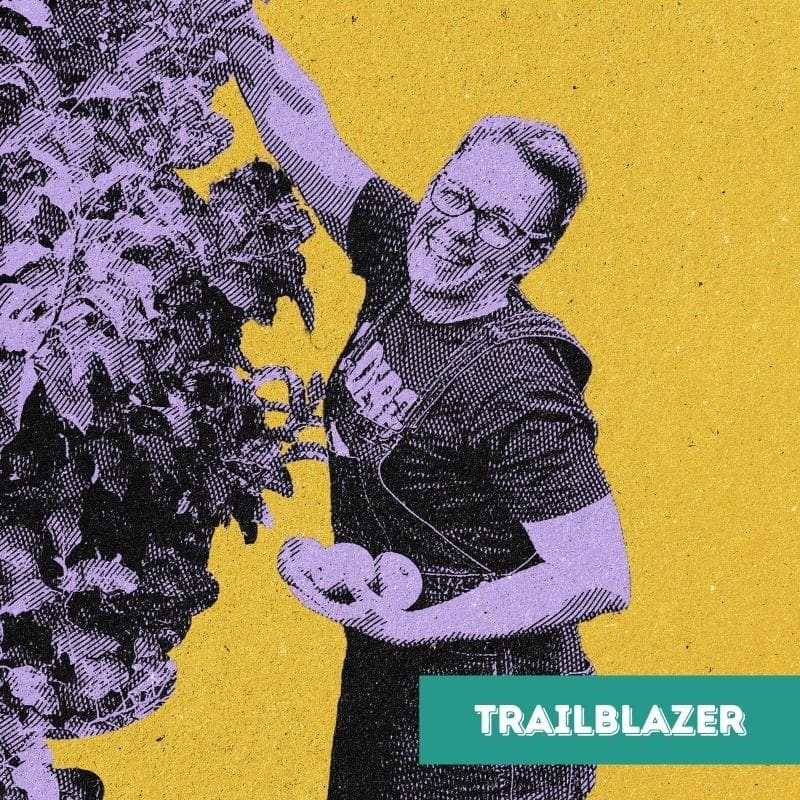
CHRISTINE WALTER
Cidermaker and Owner | Bauman’s Cider
Since pressing her first cider when she was a small child on her family farm in Gervais, Oregon, Christine Walter continues to crush it as a leader in the cider industry. After convincing her cousins, aunt and uncle to use a little corner of the barn for a fermentation project, she began making cider in 5-gallon carboys and grew slowly to her current 4,000-gallon tanks situated at Bauman’s Cider Company’s cidery and newly opened tasting room in Portland, Oregon. After connecting with Daniel Green, founding owner of Cafe Olli and Chris Leimena, general manager of Le Pigeon and Canard, they created a space where beautiful ciders are elevated alongside world-class food.
In addition to producing her own ciders, Walter is the cidermaker for award-winning Kristof Farms as well as serving as the president of the board of the American Cider Association. As evidence of Walter’s wizardry, she became the first American cidermaker to win five awards at the 2024 International Cider Awards in London. And since 2019, she has won the award for best cidermaker and was the first producer whose cider received a perfect score at the Northwest Cider Cup. —Becky Garrison
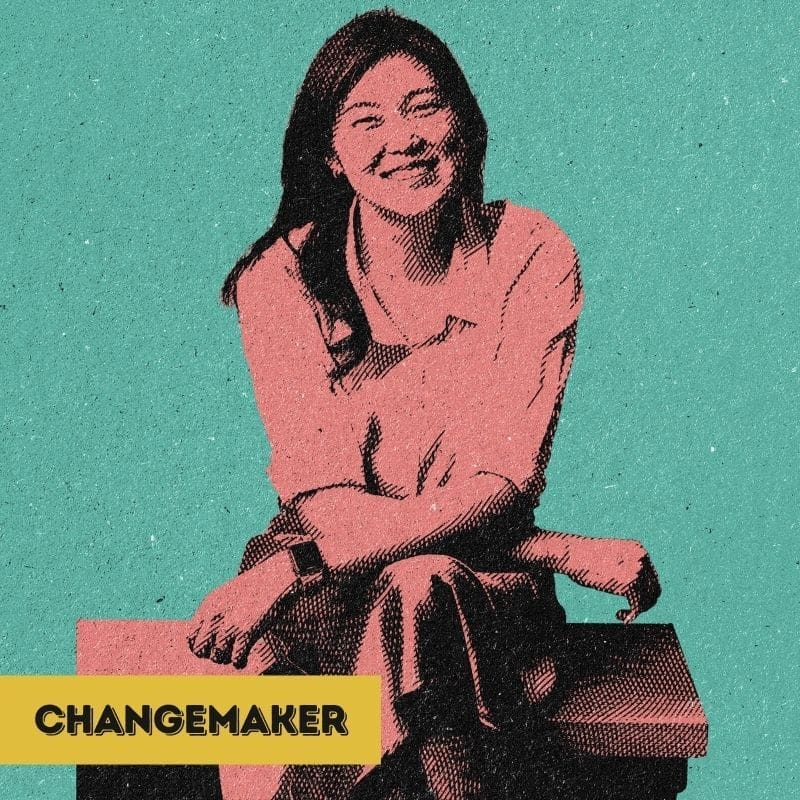
LOIS CHO
CEO and Cofounder | Cho Wines
Lois Cho is the CEO and cofounder of Cho Wines, the first recorded Korean-American-owned winery in Oregon. She and her husband, Dave, got a taste of the wine industry as buskers, performing on California streets and in wineries in 2011. Cho then spent the next decade as a nurse practitioner, supporting her husband through wine school, helping him start a career in wine, and later establishing Cho Wines, which they did together in 2020.
In 2022, she left her nursing career to operate Cho Wines full time, build a winery and establish a vineyard — all while raising three children. But not only did Cho support and foster change in her and her family’s lives, she is also leading the charge for diversity and inclusion in Oregon’s wine and culinary scene. She is a board member for Women in Wine Oregon as well as the founder of Oregon AAPI Food and Wine, an Asian American and Pacific Islander nonprofit, which she founded in 2023. Cho’s goals: continue to pursue their family’s dreams while helping others do the same by championing and celebrating diversity, equality and advancement within the wine and culinary communities. —Kristy Wenz
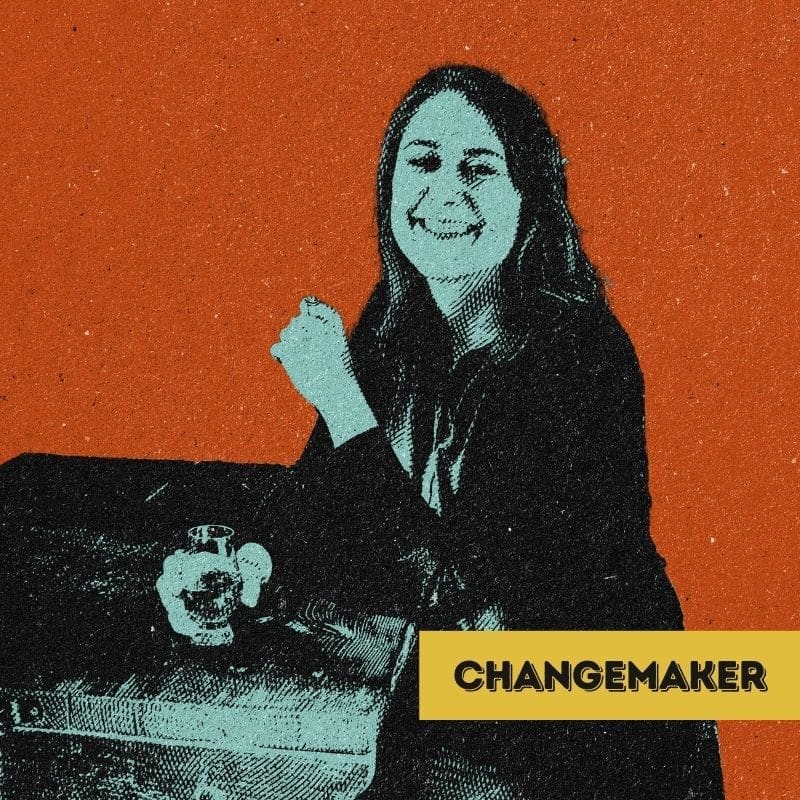
KAREN LOCKE
Founder | High-Proof Creative
Karen Locke allows her instincts to guide her. “When I set my mind to something, I don’t really worry about whether I can do it,” she says. “I just do it.”
Locke moved to Portland, Oregon, with a degree in journalism and mass communications from the University of Minnesota. While interning at Willamette Week, she noticed that the press wasn’t covering an industry she was drawn to — craft distillers.
After writing about spirits for Bon Appetit, GQ, Thrillist and other publications, she penned High-Proof PDX: A Spirited Guide to Portland’s Craft Distilling Scene, the first guidebook to tasting rooms in Portland. The next year she launched High-Proof Creative, a marketing firm focused on craft distillers.
Locke promotes women in the spirits industry as a board member of the Women’s Distillery Guild, and as coleader of the distillers group for Women of the Vine and Spirits. She also created Women in Distilling, a website that maps women-led distillers in categories such as BIPOC and LBGTQIA. The Women in Distilling project was made possible by another innovation — small-batch maps software Locke created with business partner Peter David, which helps clients collect data to improve sales. —Rachel Pinsky
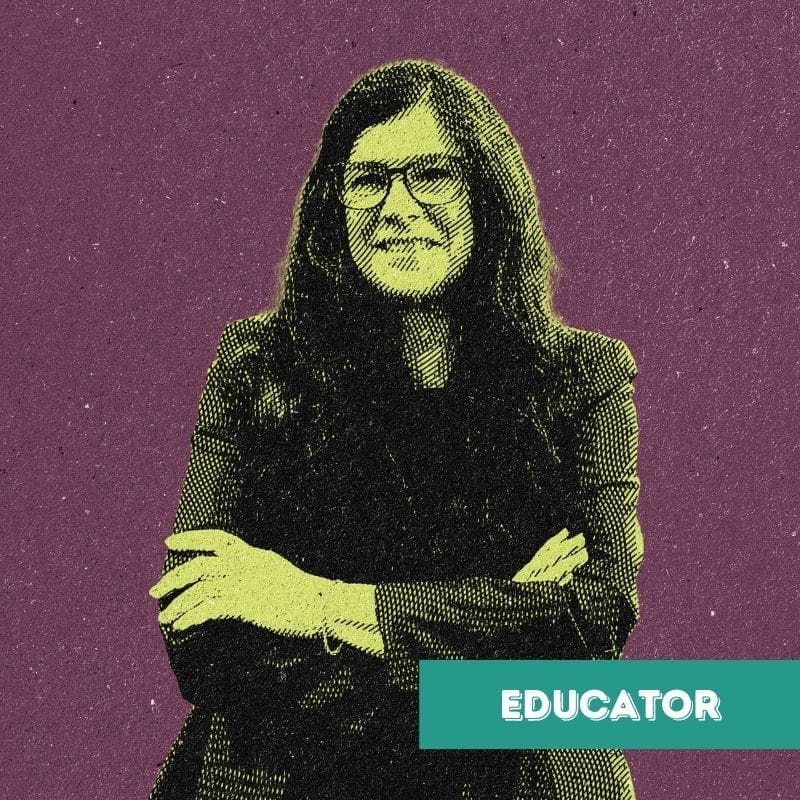
REGGIE DAIGNEAULT
Owner and Founder | Reggiewine LLC
It’s a compliment and sign of respect for someone in a wine community as large as Seattle to become known by one name. That is “Reggie” — M. Regina Daigneault — and she’s built a fascinating business model around her brand, which is synonymous with education.
Since arriving in 1990, her influence as a professional has grown. Her breadth of experience and grasp of the global wine scene is vast. Daigneault’s résumé spans the sale and distribution of wine, working in restaurants, wine journalism and judging of competitions.
She grew up in Philadelphia, studied at Florida International University’s respected hospitality program, and earned certifications from the Court of Sommeliers, Wine and Spirit Education Trust (WSET) and Wine Scholar Guild.
Daigneault spent 12 years managing South Seattle Community College’s Northwest Wine Academy and now conducts WSET and sensory classes throughout the Northwest. She’s an accredited Bordeaux tutor after studying in France at L’ecole du vin de Bordeaux and leads tours in Europe and the Northwest. In 2022, she authored Easy Food and Wine Pairing Ideas, a paperback sold on Amazon.
Reggie’s passions are simply “teaching and learning.” And, as an unpretentious ambassador, her charisma towards both new and experienced consumers are needed in the wine world now more than ever. —Eric Degerman
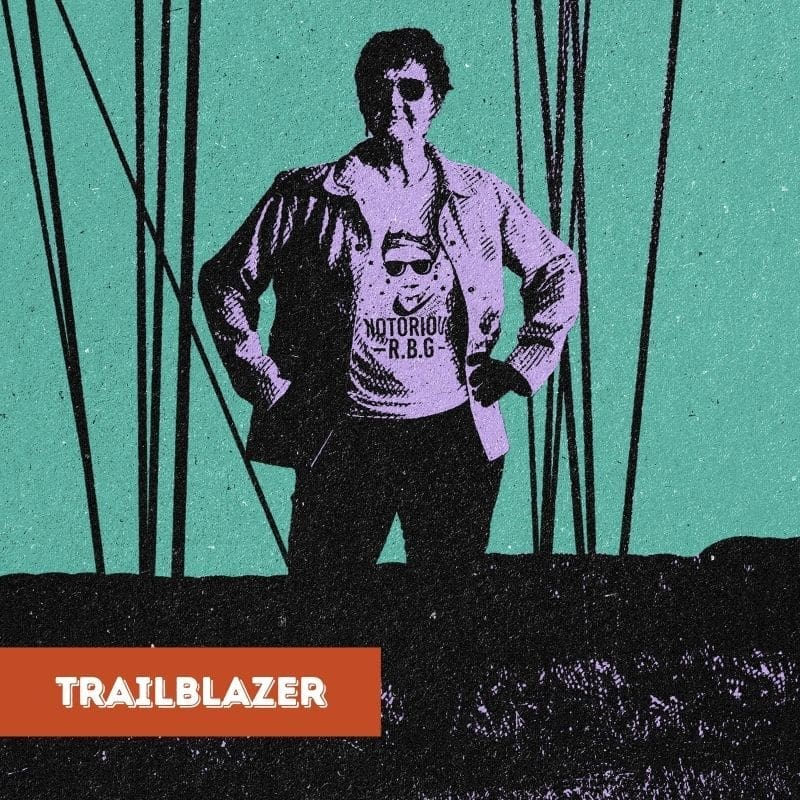
GAYLE GOSCHIE
President | Goschie Farms
Fourth-generation farmers Gayle Goschie and her brothers took over the Silverton, Oregon,-based Goschie Farms in the early 2000s, just as hop farming was changing, influenced by the craft brewing industry and sustainable farming practices. Goschie with her advertising background, curiosity and love for learning was perfectly poised to lead through these changes.
On the Oregon Hop Commission and Hop Research Commission, she supported and closely watched research from Washington State University in Prosser and Oregon State University in Corvallis while forging ties with craft brewers — drawing them to aromas and flavors from specialty hops that led to the rise of India Pale Ales (IPAs) in the Northwest. She was the first woman to be awarded the International Order of the Hop in 2009, an honor her father received in 1984. She recently received the Hall of Fame Award at the Oregon Beer Awards — the first hop grower recipient.
Every season Goschie Farms produces around 12 varieties of hops. This year Goschie is giddy about a variety her forebears grew — Fuggle. It has a subtle Old World charm — beautifully balanced with a bit of spiciness. “I go in the field and smell. It takes me back 50 years,” she says. —Rachel Pinsky
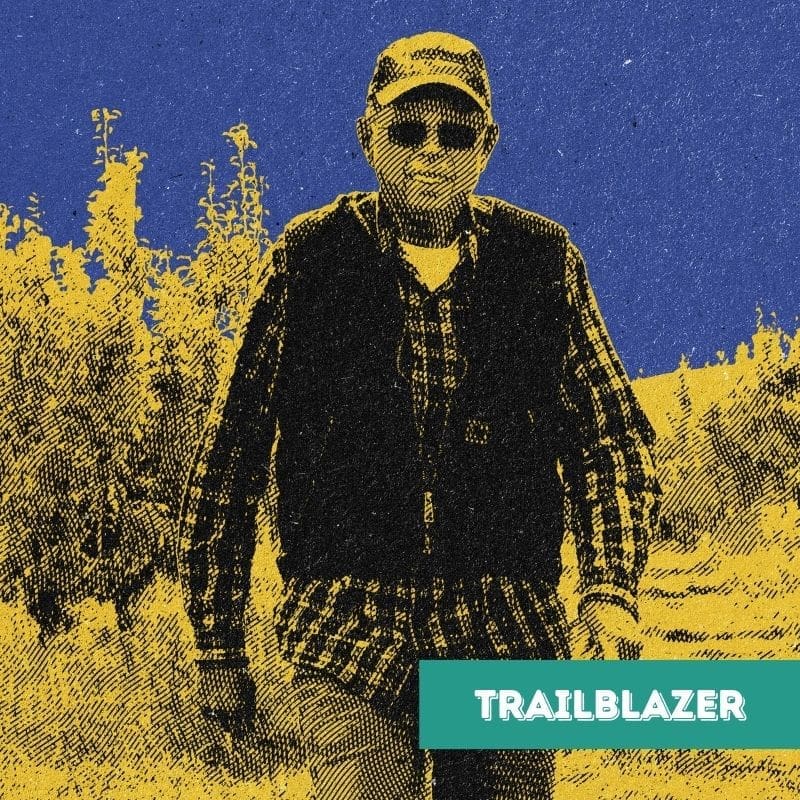
PETER RINGSRUD
Founder | Snowdrift Cider
Peter Ringsrud, owner of renowned blossom-to-bottle orchard and craft cidery Snowdrift Cider Co., has helped bring the self-proclaimed Apple Capital of the World — Wenatchee, Washington — to the forefront of the cider scene. Influenced by his father’s dedication to the land — Wenatchee’s summer days soaked in desert sun and crisp snow-white winters make it ideal for apple production. Paired with some early coaching from premier United Kingdom cidermaker Peter Mitchell, Ringsrud doubled down on his family’s decades of fruit farming in 2003 when he began in earnest to cultivate heirloom apples with compelling histories and even more compelling flavors.
By planting new trees and embracing old trees like the farm’s crab apples that had been previously ignored, Ringsrud’s interest in a diversity of English, French and old American apple varieties grew. Likewise, traditional techniques such as méthode champenoise and slow-aging in oak barrels informed the process. Now, Snowdrift’s internationally award-winning ciders are a beacon of quality to younger makers, offering a distinct sense of place and beautiful complexity in every sip. —Stasia Brewczynski
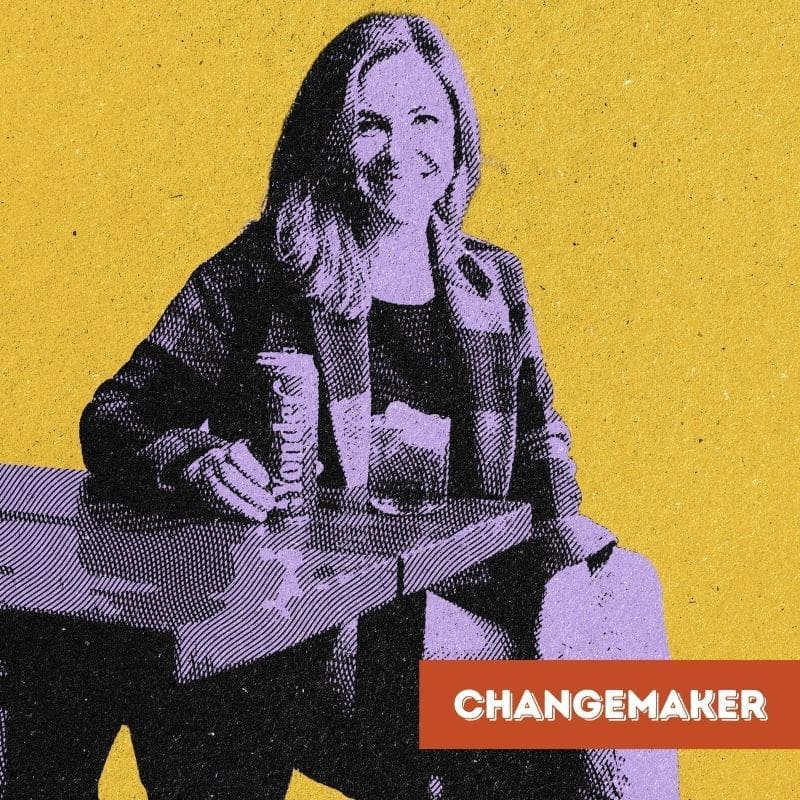
CAITLIN BRAAM
Founder and CEO | Yonder Cider and The Source Cider
Caitlin Braam has never let what is stand in the way of what could be. After helping grow national powerhouse Angry Orchard Hard Cider and regional brands Seattle Cider Co. and its sibling, Two Beers Brewing Co., she cofounded her own brand, Yonder Cider, during the Corona virus-fueled upheaval of 2020.
Harvesting apples in Wenatchee, Washington, Yonder’s public-facing business began in a chic micro-tasting room in Braam’s garage on one of Seattle’s open streets, which were newly minted and heavy with foot traffic when the city was on lockdown. Unfortunately, local officials eventually closed the zoning opportunity she’d astutely identified. She lost no momentum, however, garnering robust community support and forging a savvy cross-category partnership with Yakima Valley darling Bale Breaker Brewing, which owns a brewery and hop farm in Eastern Washington, the country’s hop capital and apple epicenter. The pair opened a first-of-its-kind cider- and beer-tasting room in Seattle’s Ballard neighborhood in 2021.
Meanwhile, Braam further identified an industry thirst for quality fruit juice and custom crush and fermentation services, and thus the business-to-business Wenatchee-based The Source Cider was born. From Yonder’s instantly iconic typeface-forward branding and cocktail-inspired ciders to The Source’s unique services and apple varieties, Braam’s influence continues to grow from its strong roots. —Stasia Brewczynski
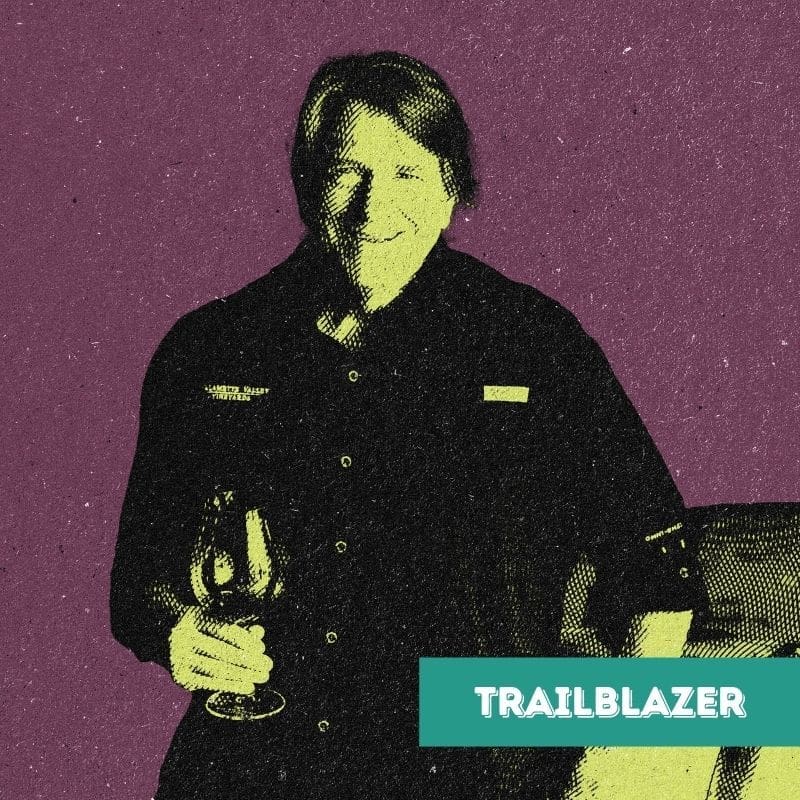
JIM BERNAU
Founder and CEO | Willamette Valley Vineyards
Jim Bernau’s investment in the Oregon wine industry stems from 15 acres of Pinot Noir vines he planted in 1983 along a hillside overlooking Interstate 5 south of Salem. It has grown into one of the Northwest’s most prominent and unique winery operations.
The most telling indicators of his success with Willamette Valley Vineyards are the 26,000 owners of Nasdaq-traded stock and 10,000 wine club members. His team of 360 employees produces wines that have been featured at the White House and are poured at the 10 tasting rooms they operate in three states along the West Coast.
While becoming a grape grower, Bernau, with a background in law and governmental affairs, steered legislation that led to the creation of the Oregon Wine Board. Years later, a donation by Bernau to Oregon State University turned into the nation’s first endowed professorship in fermentation science.
In line with his approach to sustainable farming, Willamette Valley Vineyards added solar and wind power while embracing natural cork and lighter bottles. And now, 1,400 cases of its 2023 Whole Cluster Pinot Noir come in the new Revino bottle that consumers return to be washed and reused. —Eric Degerman
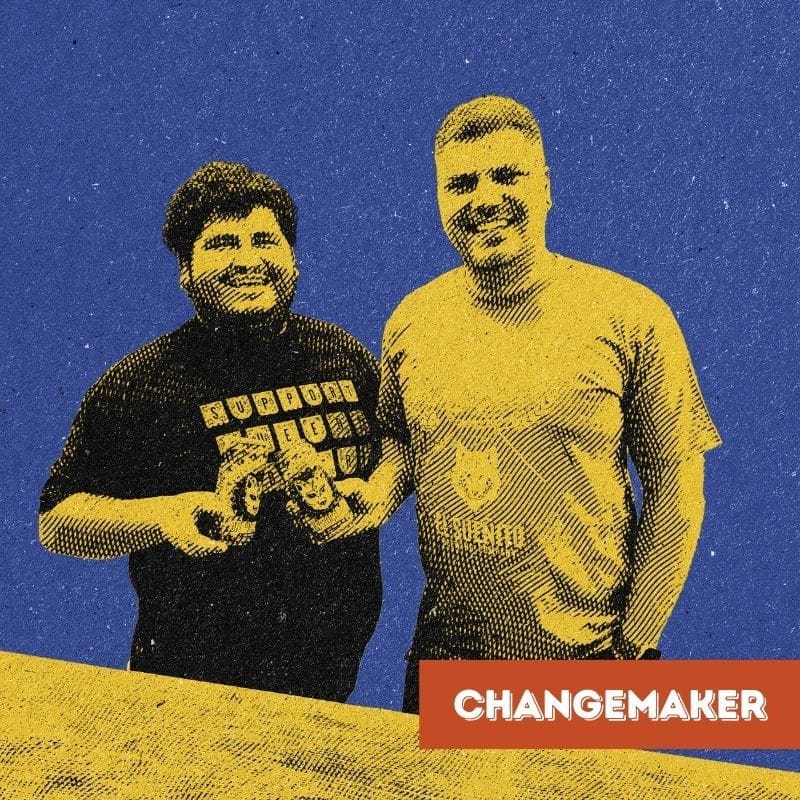
OSBALDO HERNANDEZ and DENNY RAMEY
Owners | El Sueñito Brewing
The Spanish word sueñito translates to “little dream.” For Osbaldo Hernandez, who immigrated from Mexico to the U.S. when he was 11, opening El Sueñito Brewing is the realization of a larger dream: He spent 10 years as an undocumented immigrant (DREAMer), graduated from Seattle University, became a schoolteacher and is now a successful entrepreneur. He and his husband, Denny Ramey, own and operate Frelard Tamales and El Sueñito Brewing. Their creative fusion of Mexican culture and food with craft beer earned them a spot on our list of changemakers.
In 2015, the couple opened Seattle’s Frelard Tamales, offering authentic Mexican cuisine built on time-honored family recipes. In 2023, Hernandez and Ramey opened a second business, El Sueñito Brewing in Bellingham, Washington, which includes a Frelard Tamales’ outpost built into the taproom. Most recently, in August 2024, El Sueñito Brewing opened a taproom and restaurant in Seattle, bringing its cerveza y comida concept to the Fremont neighborhood.
More than beer, El Sueñito Brewing brings diversity to the craft brewing industry — an industry that advocates for inclusivity but looks at itself and sees a glaring lack of diversity. While Mexican heritage is an unmistakable part of El Sueñito Brewing, brewmaster Ramey does not limit himself to brewing just Mexican-style beers. You’ll find all sorts of tasty stuff to pair with your comida Mexicana. —Kendall Jones
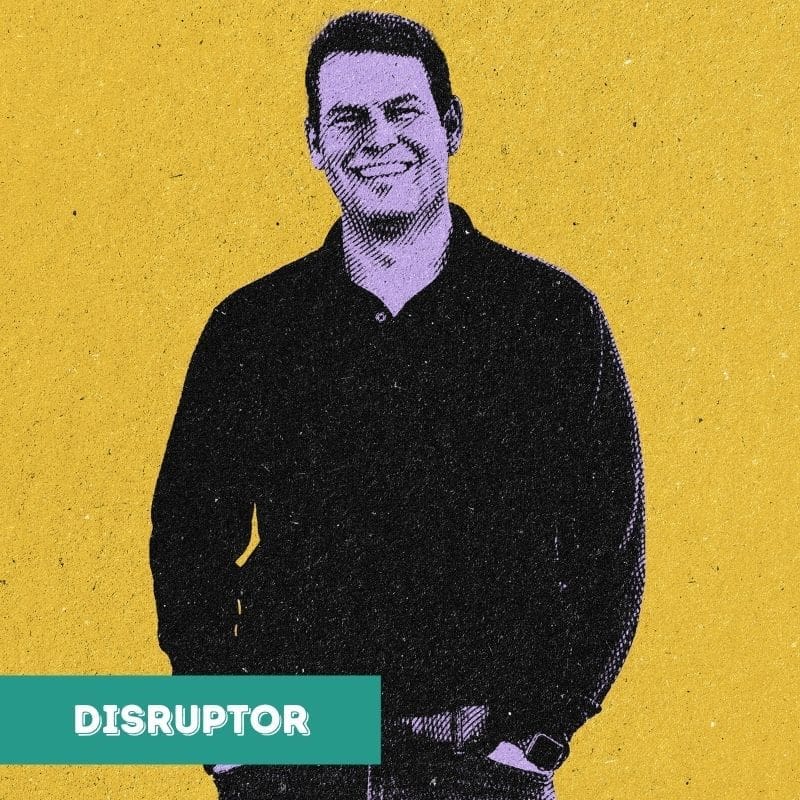
BRANDON ACKLEY
President | Ackley Brands
It might seem difficult to bring into focus the range of brands and products brought under the Ackley umbrella since it kicked off in 2016. The list goes from its first purchase, Montinore Estate, an Oregon Willamette Valley winery focusing on Biodynamic viticulture and sustainability, to the historic 50-year-old Washington winery Columbia, which produced the state’s first Pinot Gris, Syrah and Cabernet Franc. Moreover, Ackley Brands imported organic Italian grapes to launch Vivacé Prosecco, has purchased 180 acres of farmland for grape growing and established an in-house winemaking team. It has even scooped up Mack and Jack’s beer in Redmond, Washington. The list goes on.
The rapidly put-together combination might first appear as if Ackley is a standard venture capitalist, buying whatever beverage maker is available for a quick profit. But look closer: Ackley’s idea is actually to bring together iconic brands to stabilize them within a changing landscape. This provides less churn and more sustainability over the long term, ensuring revered and newer brands are known for quality and history. Ackley has caused some heads to turn with the acquisitions and offshoots, but his stated goal is to build a beverage business that lasts for hundreds of years. —AJ Rathbun
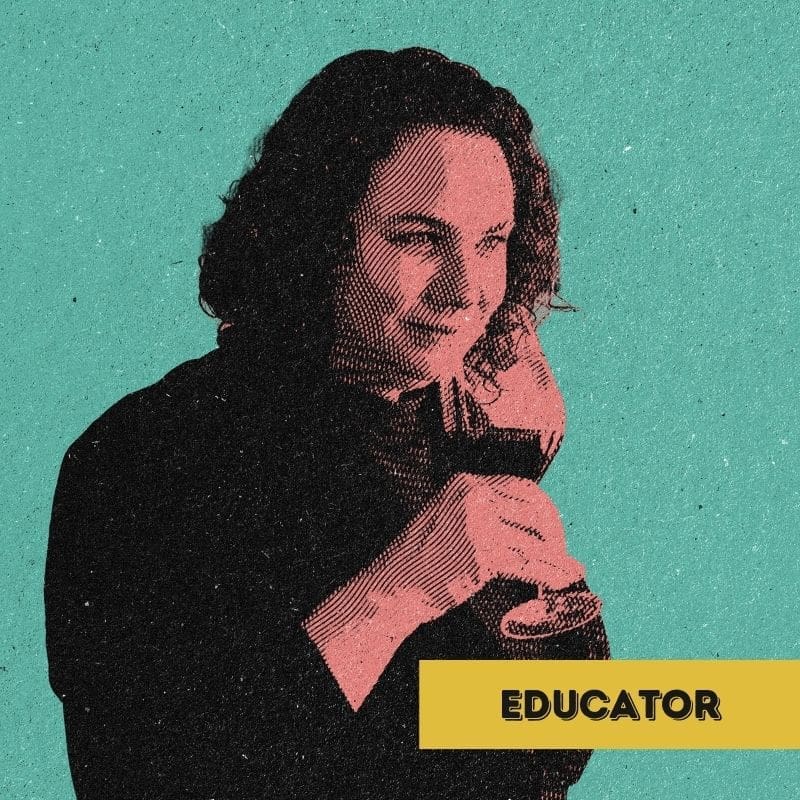
KATHRYN HOUSE McCLASKEY
Founder | House of Wine
It’s only a matter of time until Idaho can boast of its first Master of Wine, a distinction that will bring yet more attention to Kathryn McClaskey and her House of Wine, already no ordinary bottle shop.
After earning a master’s in horticulture from Washington State University, Kat House made a name for herself as assistant winemaker at famed Betz Family Winery in Woodinville, Washington, while also teaching at Seattle’s Northwest Wine Academy. Priorities shifted in 2010 when her husband, Dr. Dan McClaskey, received a residency post in Boise, where they would raise their family. A year later came the House of Wine concept for consumers and members of the industry to learn in a casual classroom environment.
In 2023, House of Wine moved to downtown Boise and into the Noble Building, built in 1902. The approach to her new space is thoughtful, grouping wines by style, not region. She also writes about wine for the Idaho Press, noteworthy prep for her final Master of Wine hurdle — a 10,000-word research paper. Last year, she passed the blind tastings that trip up 90% of Master of Wine candidates.
A Master of Wine is instructed to “promote excellence, interaction and learning across all sectors of the global wine community.” McClaskey is already doing that for Idaho. —Eric Degerman
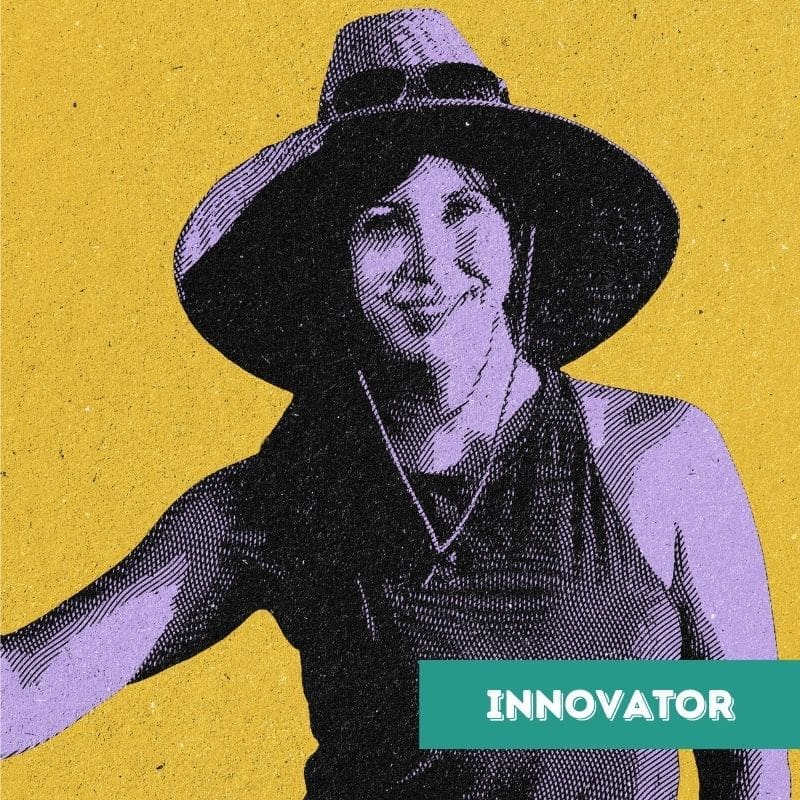
BROOKE DELMAS ROBERTSON
Director of Winegrowing | Delmas | SJR Vineyards
Farming in The Rocks District of Milton-Freewater, Oregon, presents challenges unique within the Walla Walla Valley, but world-class wines are worth the risk.
As a form of insurance, Brooke Delmas Robertson devised the mini head-trained (MHT) vine structure to protect her family’s distinguished SJR Vineyard from the devastating freezes The Rocks District is susceptible to. Tailored specifically for the cobblestoned terroir, she buries each vine’s trunk, head and the first few buds on each spur.
“This particular training form has saved SJR Vineyard from phloem and bud death on more than one occasion since its adoption in 2017,” she notes.
Robertson has worked in vineyards in the Napa Valley, where she grew up, and Australia. Her education includes Oregon State University, Cal Poly San Luis Obispo and Walla Walla Community College’s viticulture and enology program. She started a vineyard technical group for the Walla Walla Valley and sits on the Oregon Winegrowers Association board of directors.
Inspiration began with her parents, Steve Robertson and Mary Delmas Robertson. Steve helped drive the petition for their American Viticultural Area. Today, Brooke is the director of winegrowing. And the family’s roots in The Rocks run deeper with the recent birth of Brooke’s daughter, Remy Delmas Robertson. —Eric Degerman
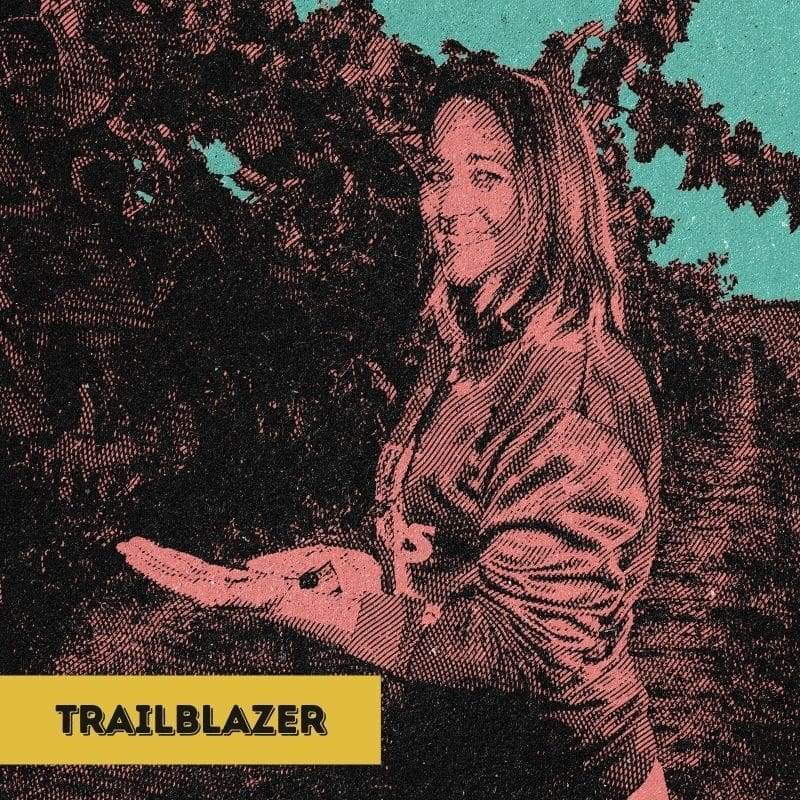
BRITTANY KOMM
Vineyard Operations Manager | Sagemoor Vineyards
Officially, her title is vineyard operations manager. In reality, Brittany Komm is a steward, a curator and a historian for some of the Columbia Valley wine industry’s oldest vines and most prized grapes.
And during harvest, she’s among the most traveled. Sagemoor Vineyards LLC has grown to six sites in three Washington regions — ranging from the Wahluke Slope to the Walla Walla Valley. Six of the 36 grape varieties Komm manages are grown at
Bacchus Vineyard, circa 1972. Overall, she’s responsible for 1,100 acres, much of which is harvested by hand.
Born into a multi-generation orchard operation in the Wenatchee Valley, Komm credits a grandfather and Future Farmers of America with the inspiration to study vines at Washington State University. She graduated magna cum laude in horticulture on her way to a master’s in viticulture, and her thesis work on fruit zone leaf removal led to a management position straight out of college at Precept Wine. She spent a decade with the nation’s 11th largest wine company where she became highly regarded by winemakers in Idaho and Washington.
Earlier this year, while her vines slept, Komm ran the Walt Disney World Half-Marathon to raise funds for families with Down syndrome children. —Eric Degerman
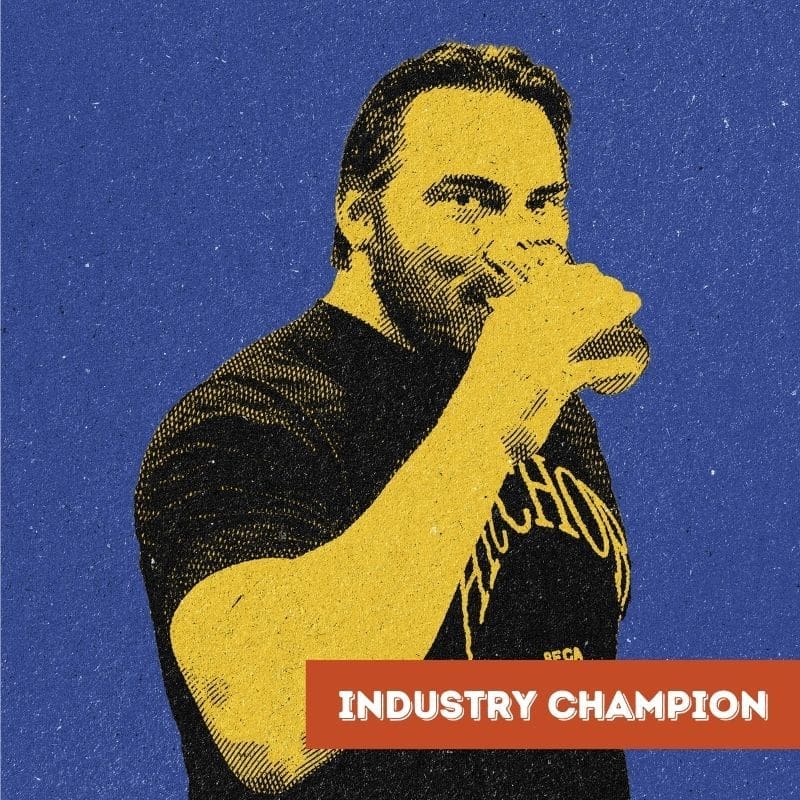
EZRA JOHNSON-GREENOUGH
The New School Beer + Cider
Portland, Oregon-based Ezra Johnson-Greenough founded The New School Beer + Cider — then called The New School Beer — in 2010. In 14 years, the site has grown to include not only Johnson-Greenough’s own regular beverage insights, but also freelance contributions from writers like Neil Ferguson and Ben Keene. Focusing on coverage of beer, cider and local drink events, The New School is also home to the PDX Happy Hour Guide, an informative map of Portland’s happy hours that helps thirsty readers find the best deals throughout the week. Beyond The New School, Johnson-Greenough has also written for publications like Sip Magazine, Thrillist and Willamette Week and produced or helped organize a variety of beer-focused events over the years, from being a founding organizer of PDX Beer Week and cofounder of the Oregon Beer Awards to producing the Portland Beer and Cheese Fest, and Fuji to Hood, an event connecting flavors, makers, and cultures from sister cities Portland, Oregon, and Sapporo, Japan. —Stasia Brewczynski
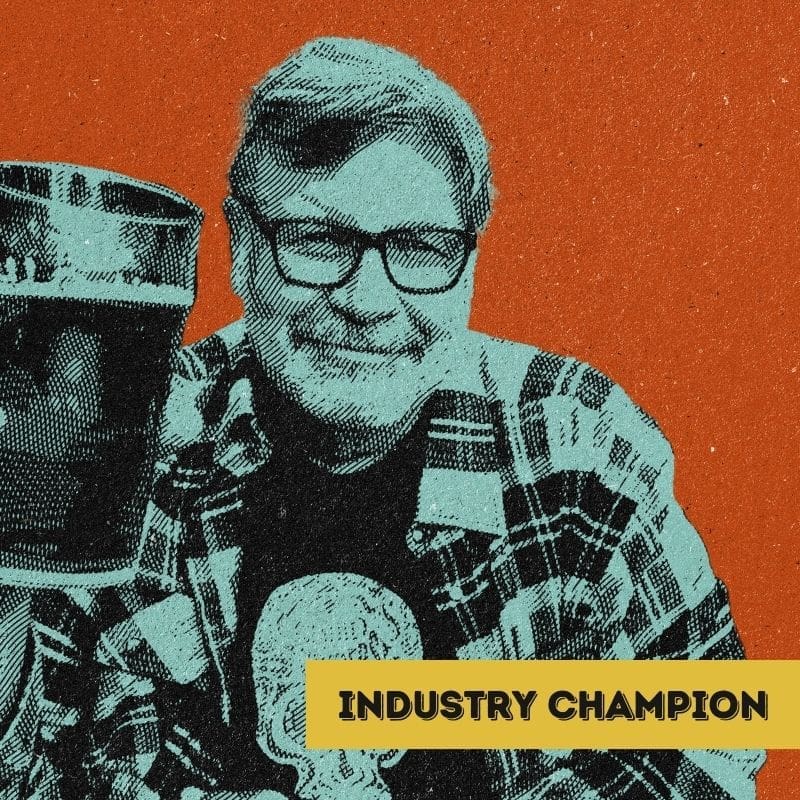
KENDALL JONES
The Washington Beer Blog
When Kendall Jones began The Washington Beer Blog in 2008, there were fewer than 100 breweries in the Evergreen State. Over the past 16 years, Washington’s beer scene has grown dramatically, and so too has Jones’ coverage of the scene. In addition to the daily local beer news on his blog, Jones’ byline appears in beverage-focused national and regional publications such as Seattle Magazine, the late Beer Advocate, and, of course, Sip Magazine. Jones has also produced beer events, judged beer competitions such as the famous Yakima Fresh Hop Ale Festival, and is regularly tapped as a beer expert, making appearances on radio shows and television broadcasts like NBC’s The Today Show. Jones’ tireless promotion of Washington’s sudsy producers and their hop-laden products has helped spread awareness for the last decade and a half, and will no doubt continue to inform the next decade of beer drinkers as well. —Stasia Brewczynski
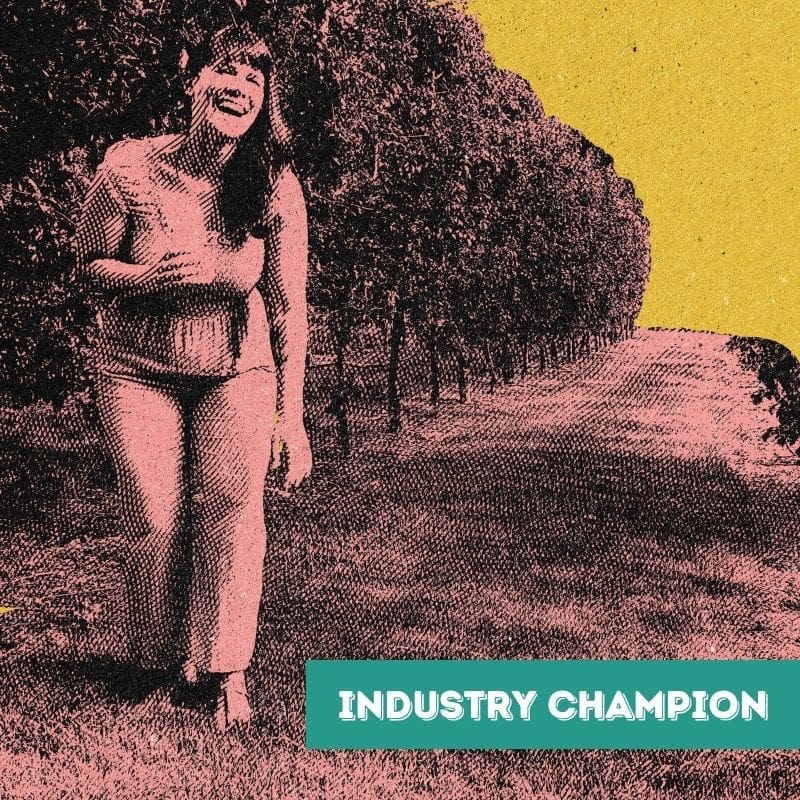
AVA DAVIS
PNW Cider Girl
An elementary school teacher by day, Ava Davis is also the dynamic content creator behind the Instagram account @pnwcidergirl. Davis’ social media coverage follows her own trajectory into the cider world, from novice to knowledgeable evangelist. Followers engage with the Tacoma-based tastemaker as she samples and rates regional ciders — often with the Pacific Northwest’s most beautiful outdoor locations as her dramatic backgrounds — attends local cider events, and shares behind-the-scenes looks at producers’ unique experiences in her popular Instagram Live series, Happy Hours with Cidermakers. Davis has contributed to Explore Washington State, has been interviewed by The Cider Exchange, and, as a cider judge, has helped select and laud top beverages and producers for Cidercraft and Northwest Cider Cup’s annual awards. There’s little doubt Davis’ enthusiastic insights will continue to inform fans and uplift the cider industry. — Stasia Brewczynski
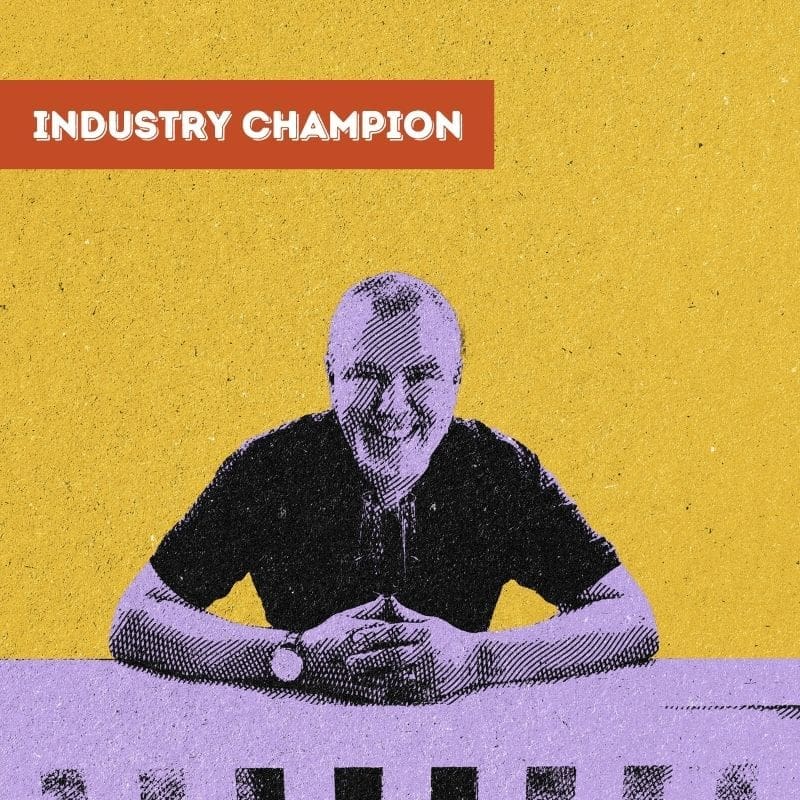
SEAN P SULLIVAN
Northwest Wine Report
Seattle-based writer Sean P. Sullivan started his Northwest Wine Report in 2004 as an email periodical — then called the Washington Wine Report — that eventually transitioned into a full website. The award-winning report offers in-depth coverage of the wines and wineries of the Pacific Northwest, from news features to blind-tasting wine reviews, and has become a trusted resource for wine enthusiasts. Over the past 20 years, Sullivan has also served as a contributing editor and wine reviewer for Wine Enthusiast, and his byline has appeared in such publications as Seattle Metropolitan, Washington Tasting Room, and Hugh Johnson’s Pocket Wine Book. Likewise, he has worked as an adjunct instructor at the Walla Walla Community College’s Institute of Enology and Viticulture and has been interviewed in outlets like the Oregon Wine Press and Wine Industry Advisor. Sullivan has also been a wine judge — promoting the region’s vintners to drinkers worldwide as a subject expert. — Stasia Brewczynski
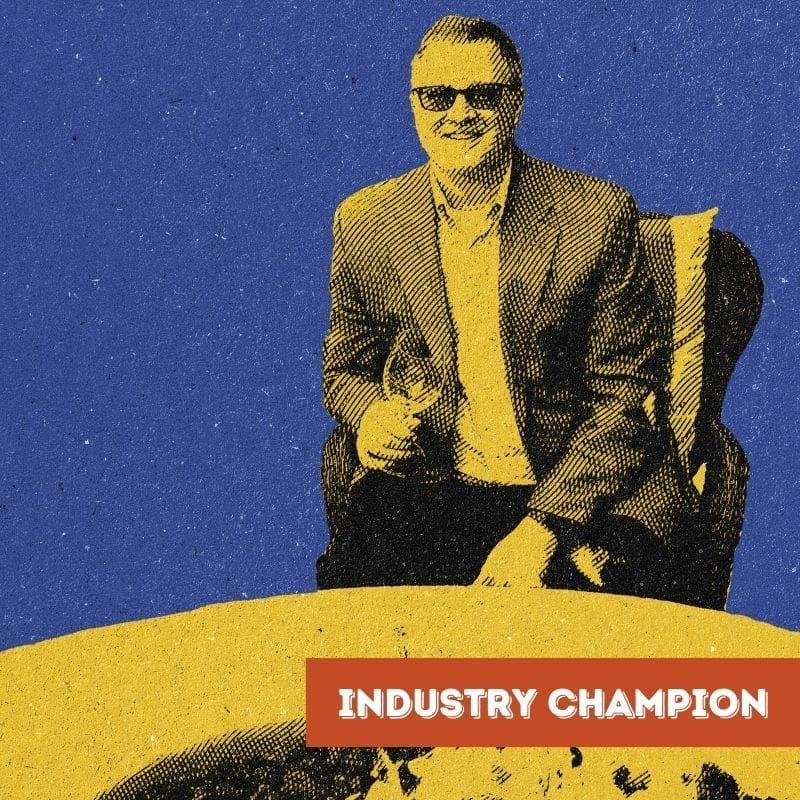
ERIC DEGERMAN
Great Northwest Wine
Sports writer turned wine champion Eric Degerman is the editor and cofounder of Great Northwest Wine, which he started in 2012 with Andy Perdue (now semiretired). There Degerman covers industry news, profiles vintners and reviews wines. Degerman’s special interest in pairing wine with food means he also spotlights regional restaurants and chefs alongside wine producers. Prior to Great Northwest Wine, Degerman and Perdue cofounded the now-defunct quarterly Wine Press Northwest and wrote a weekly wine column that appeared in 21 newspapers. In addition to Degerman’s work as a writer, editor and wine judge at Great Northwest Wine, he contributes to publications including Lonely Planet, The Seattle Times and Sip Magazine. When he’s not covering the latest and greatest in Northwest wines, Degerman has acted as a wine judge for numerous worldwide and regional competitions and organizations, including the San Francisco International Wine Competition, the Las Vegas Global Wine Awards and the Idaho Wine Commission. — Stasia Brewczynski
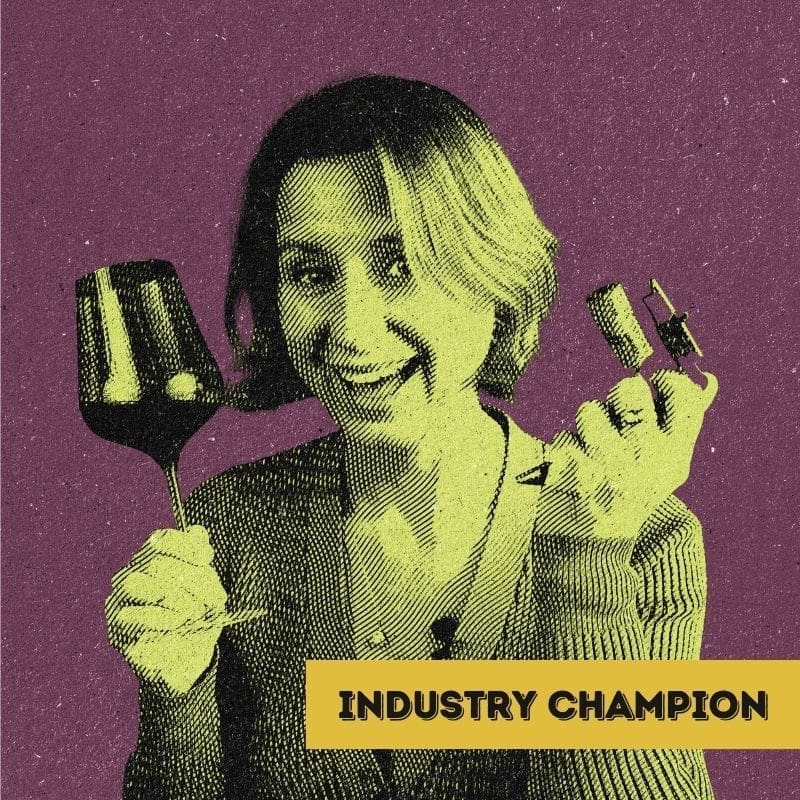
MADELINE PUCKETTE
Wine Folly
After studying graphic design at the California Institute of the Arts and becoming a certified sommelier with the Court of Masters, Madeline Puckette cofounded wine education website Wine Folly in 2011. The site expertly breaks down information into infographics, articles and videos — often starring Puckette herself — that engage and educate newcomers and wine geeks alike. Puckette’s design work with Wine Folly has been contracted by organizations such as Wines of France, the Court of Master Sommeliers and the Washington State Wine Commission. In addition, Puckette has co-authored — with Justin Hammack — two physical illustrated editions, a 2015 paperback called Wine Folly: The Essential Guide to Wine, and an extended hardcover edition in 2018, Wine Folly: Magnum Edition, which received a James Beard Award and became a New York Times bestseller. Whether print or digital, Puckette’s detailed profiles and guides are a visual learner’s dream for getting to know wine in and beyond the Northwest. — Stasia Brewczynski

